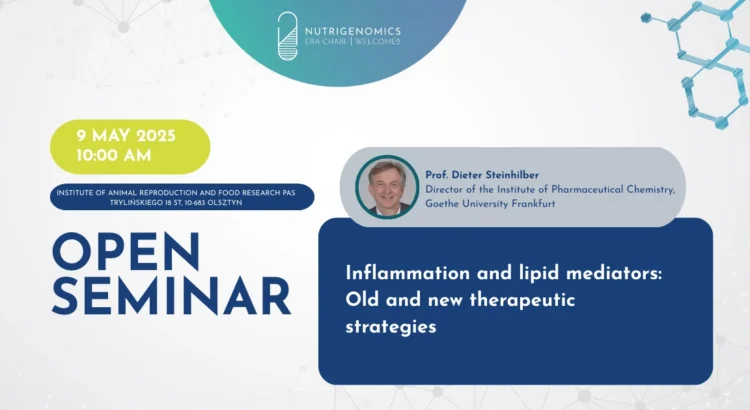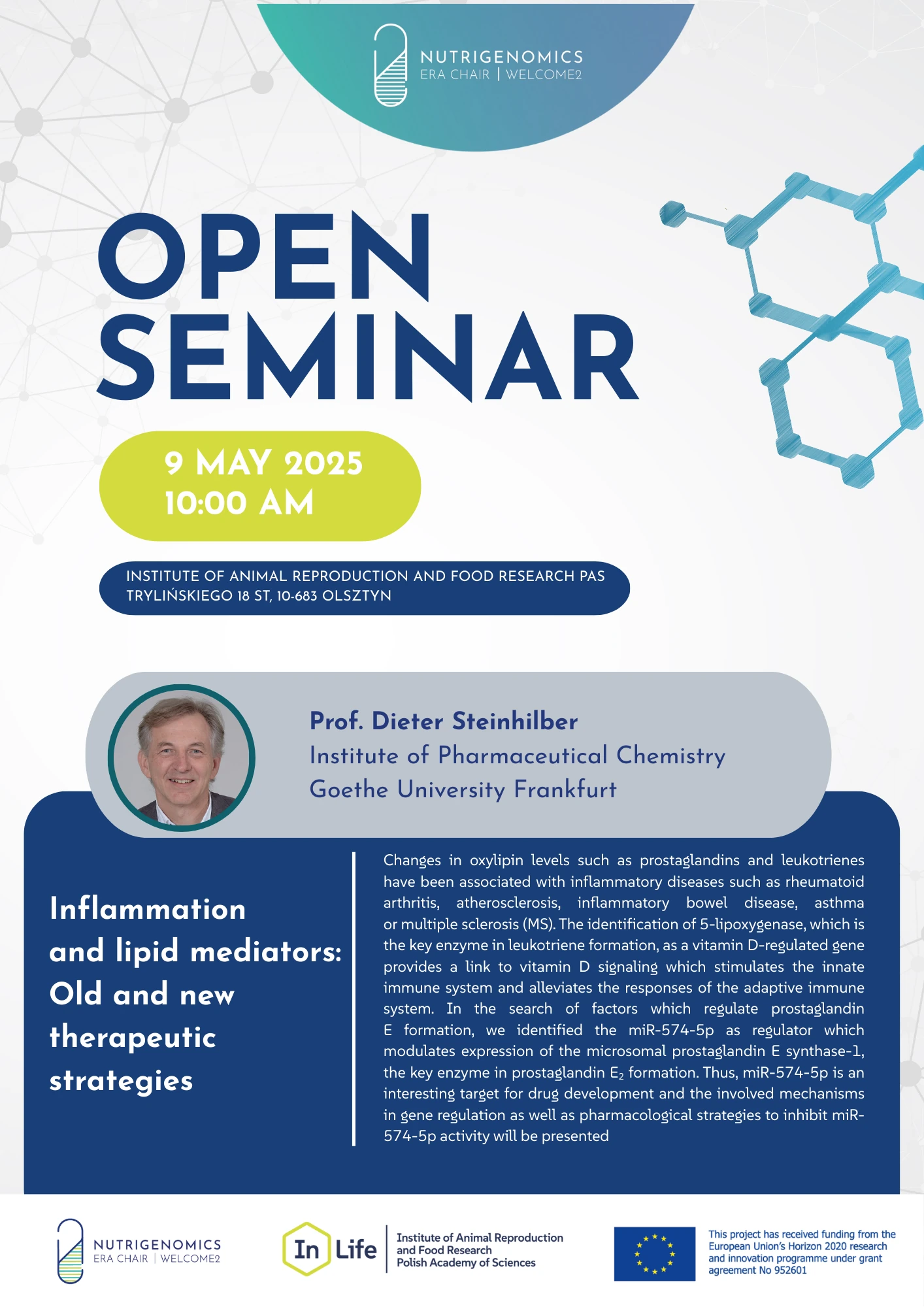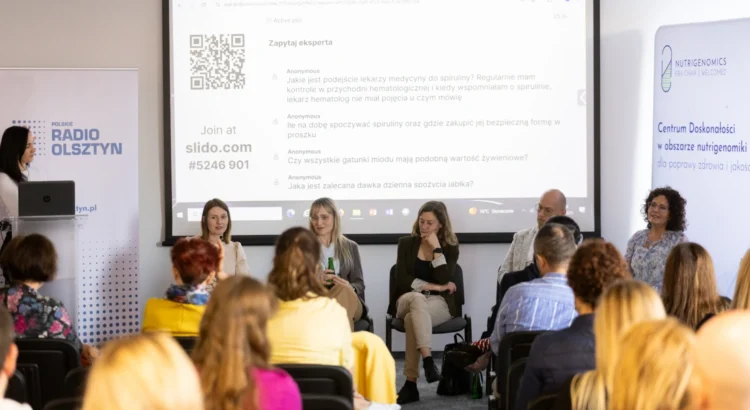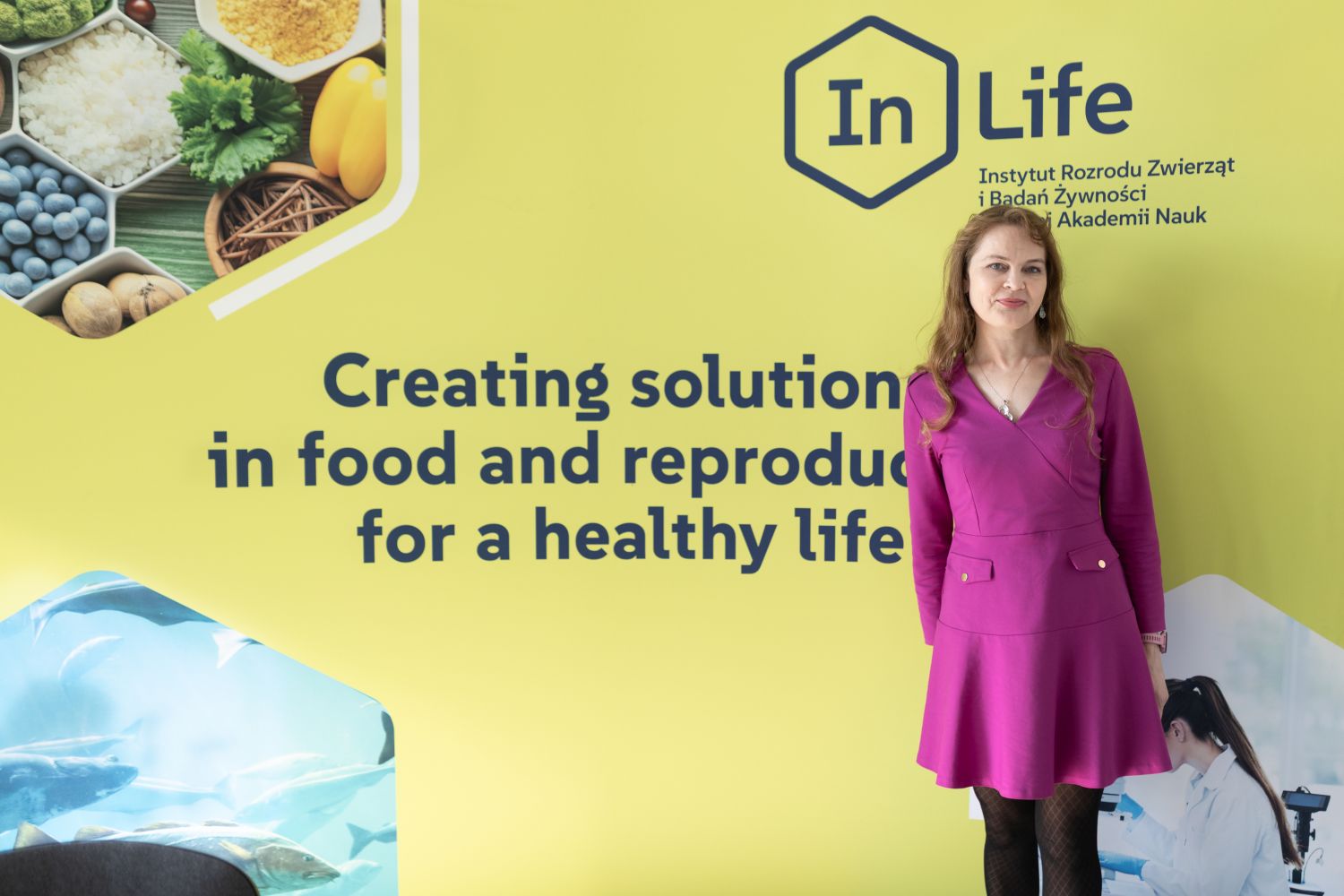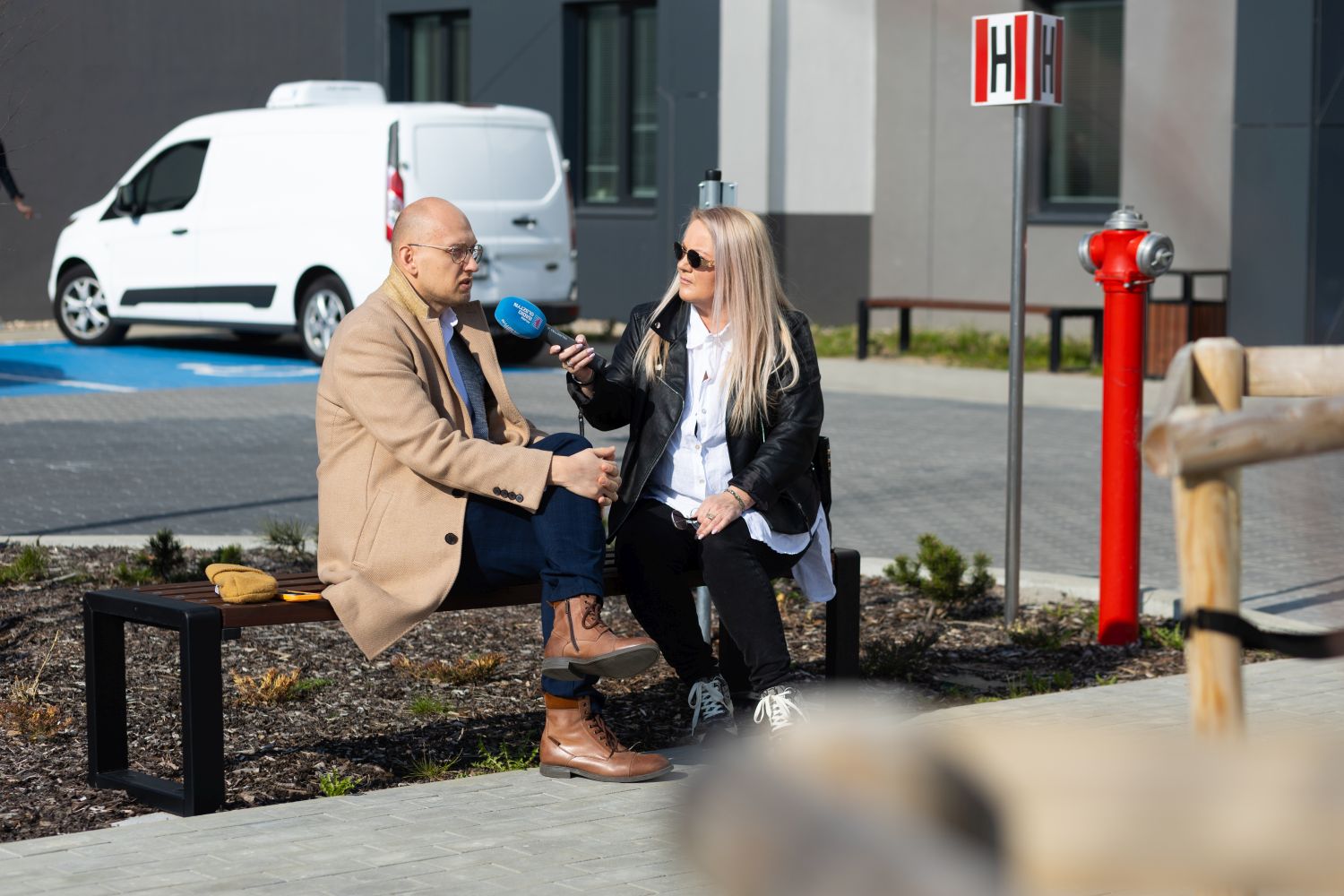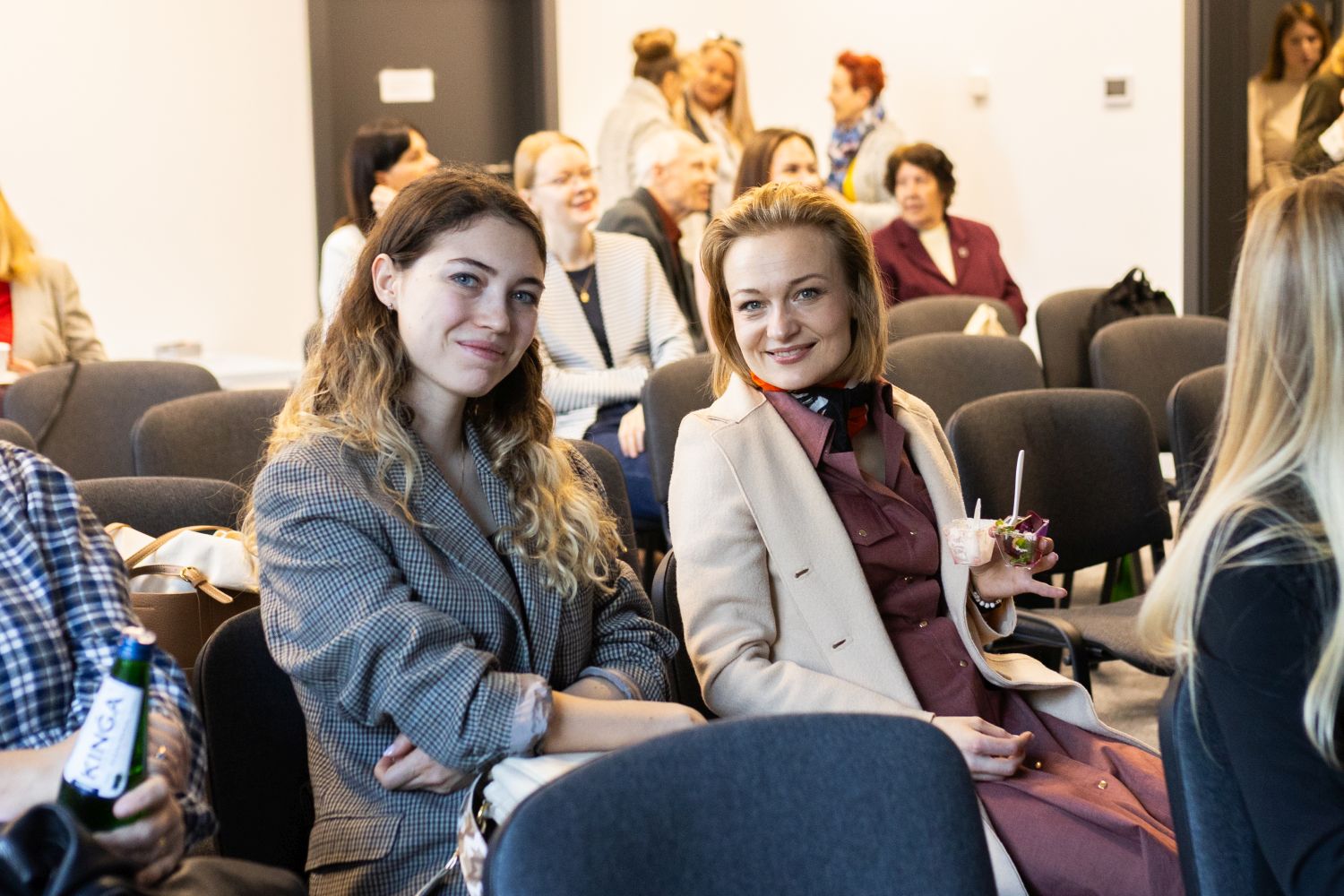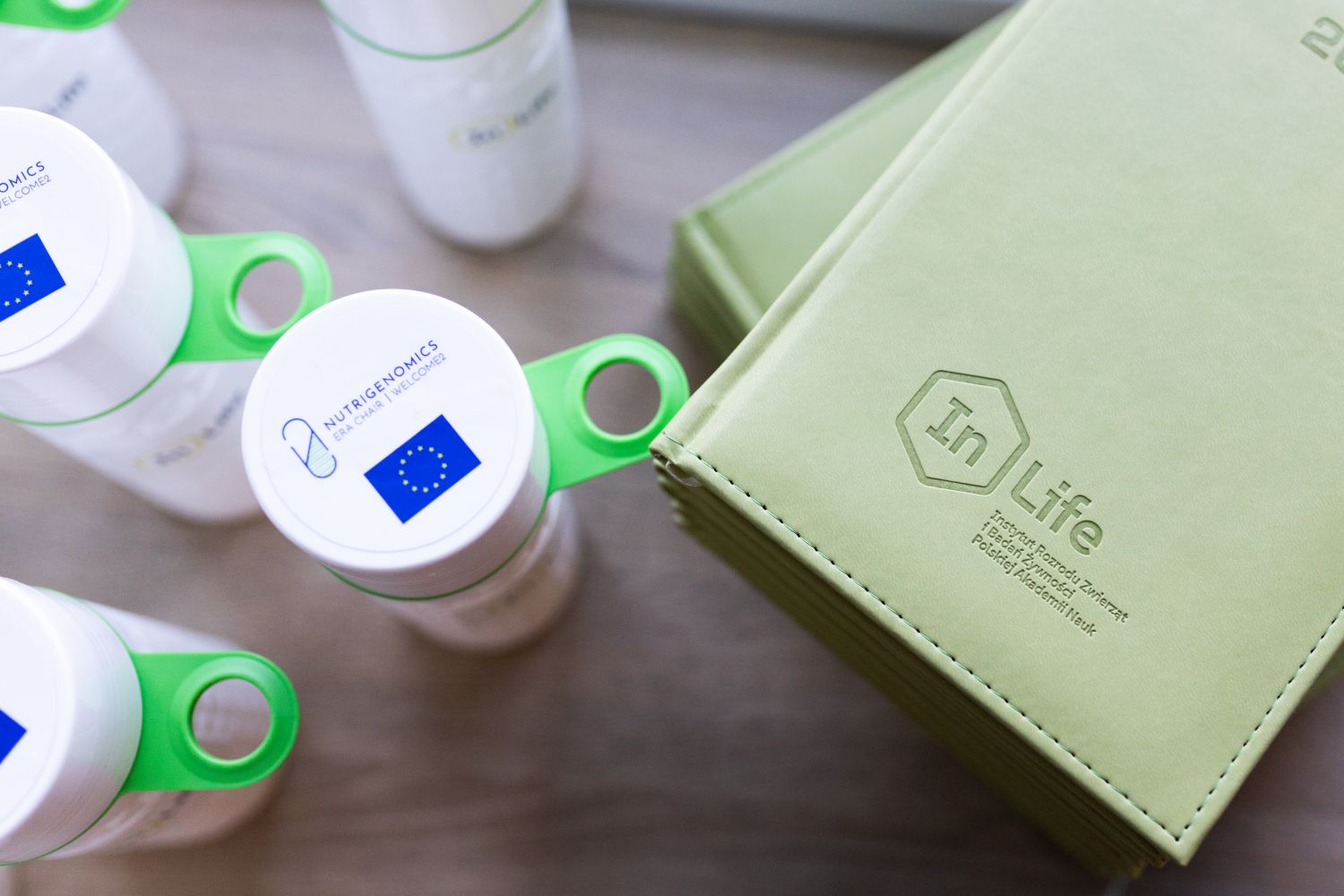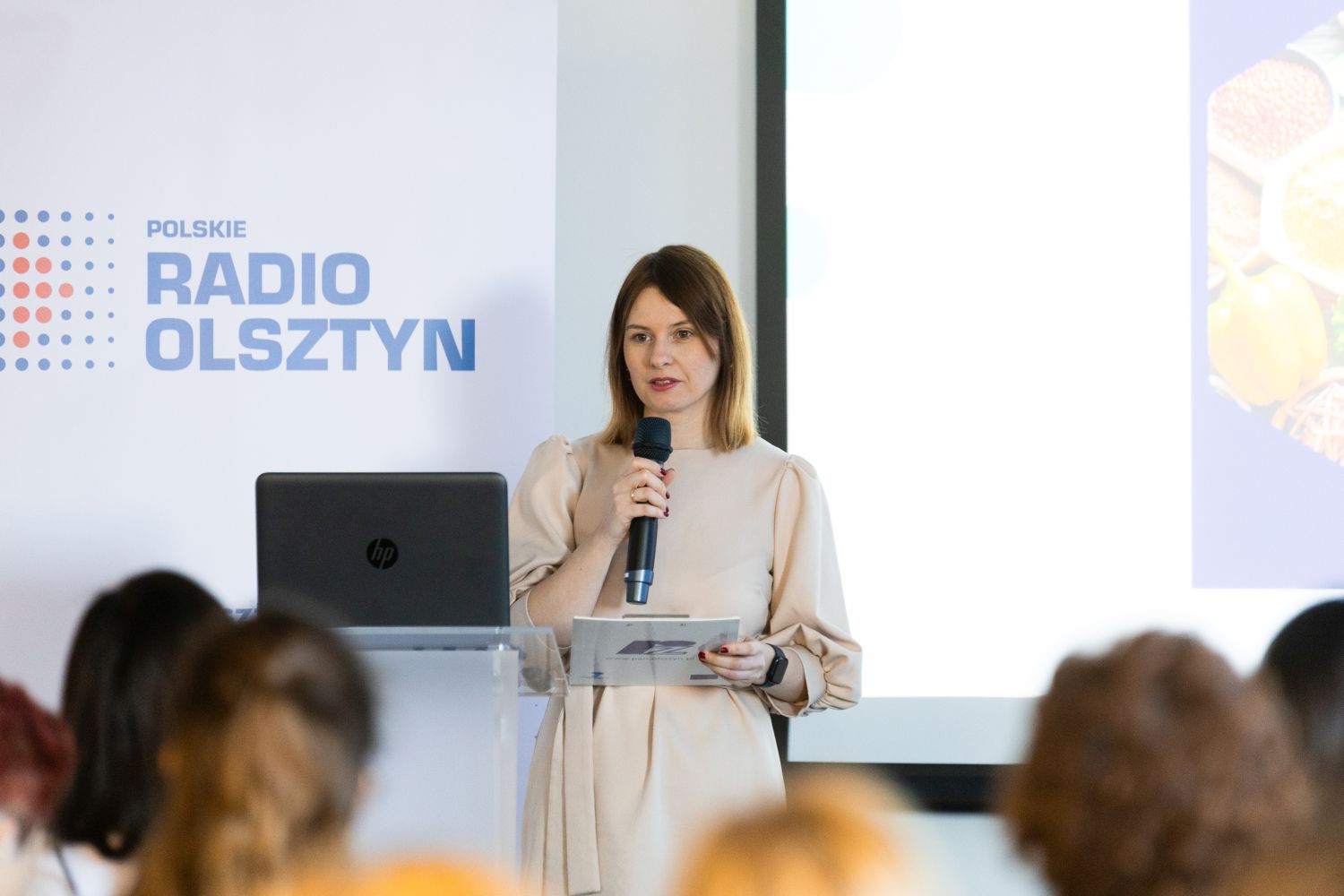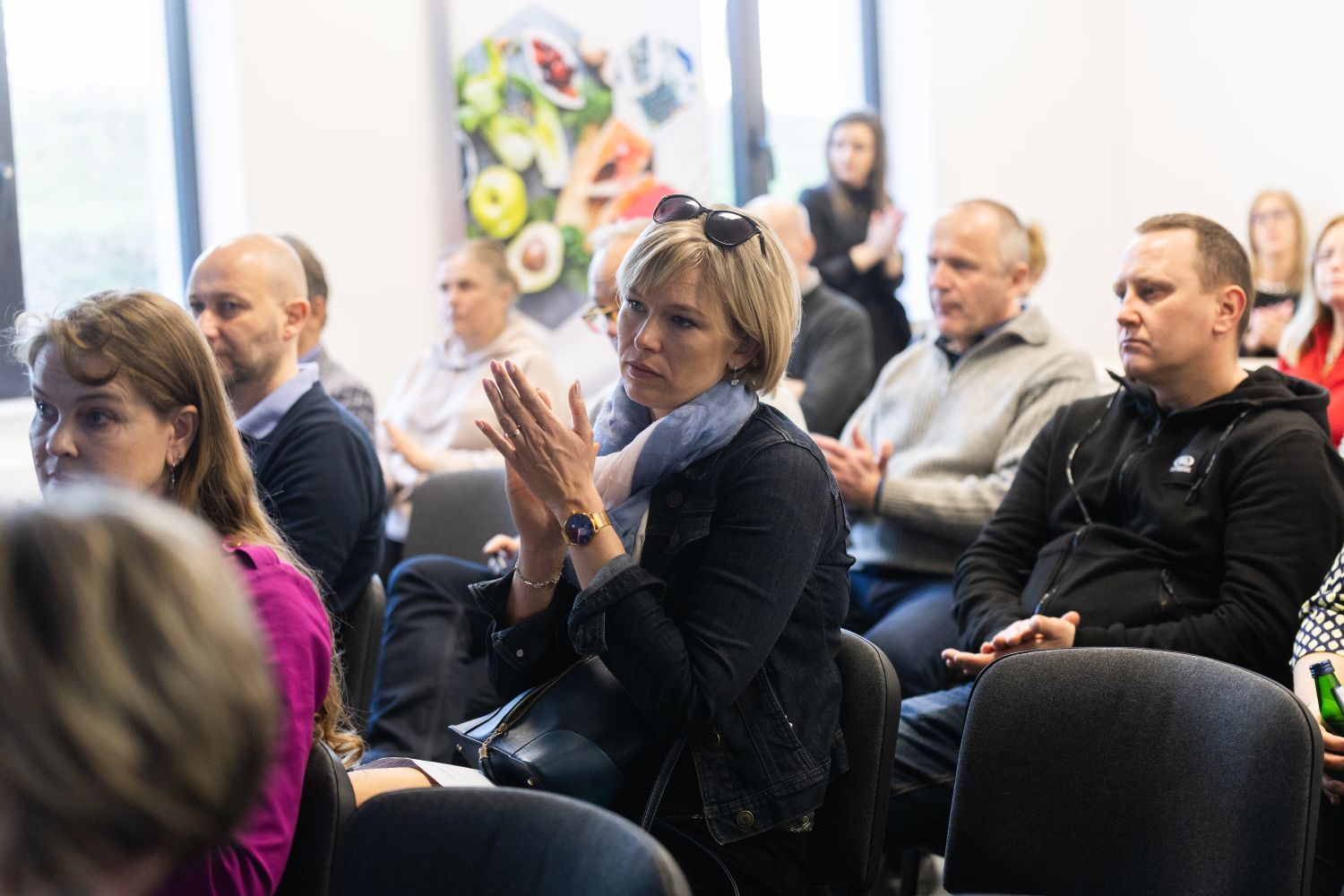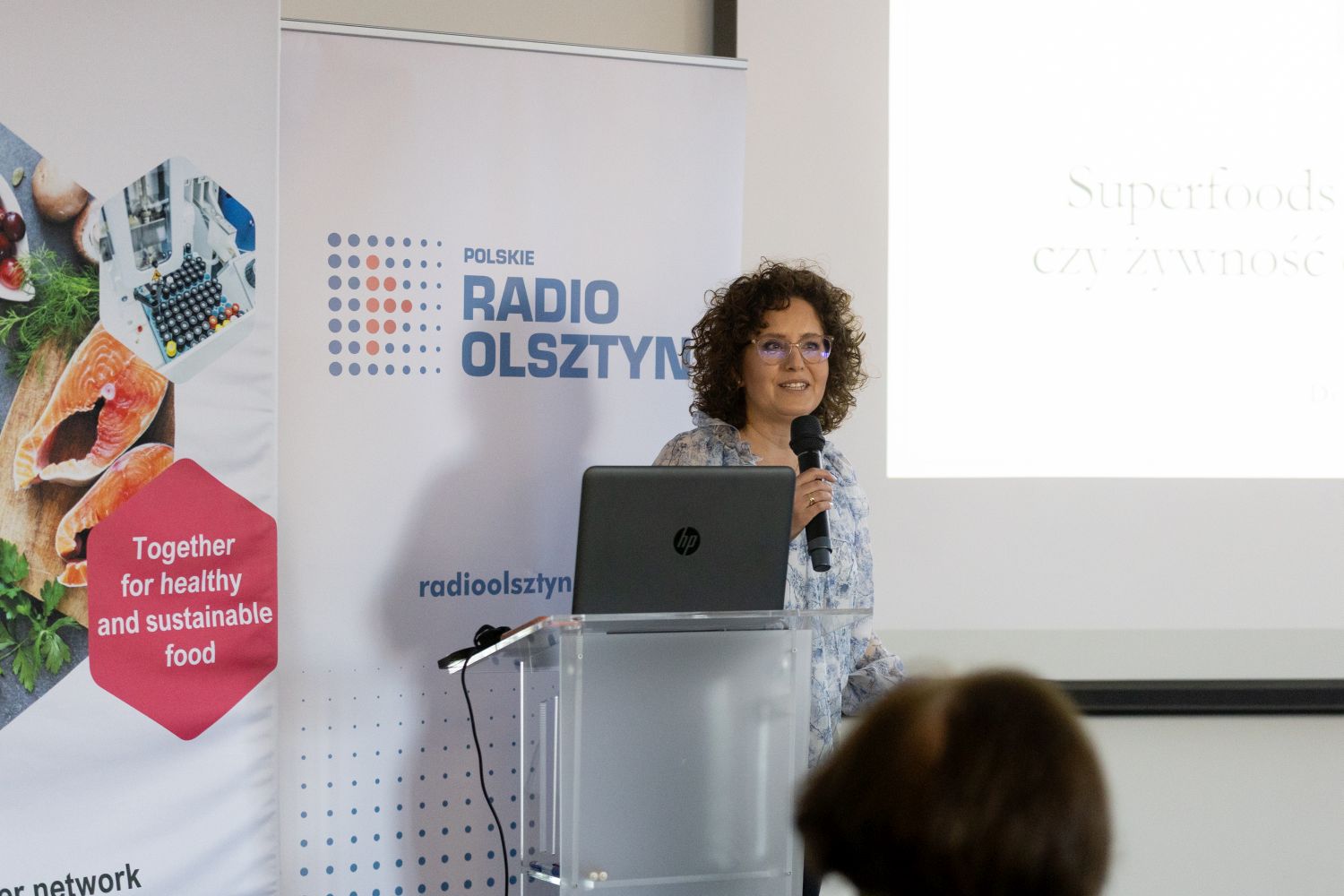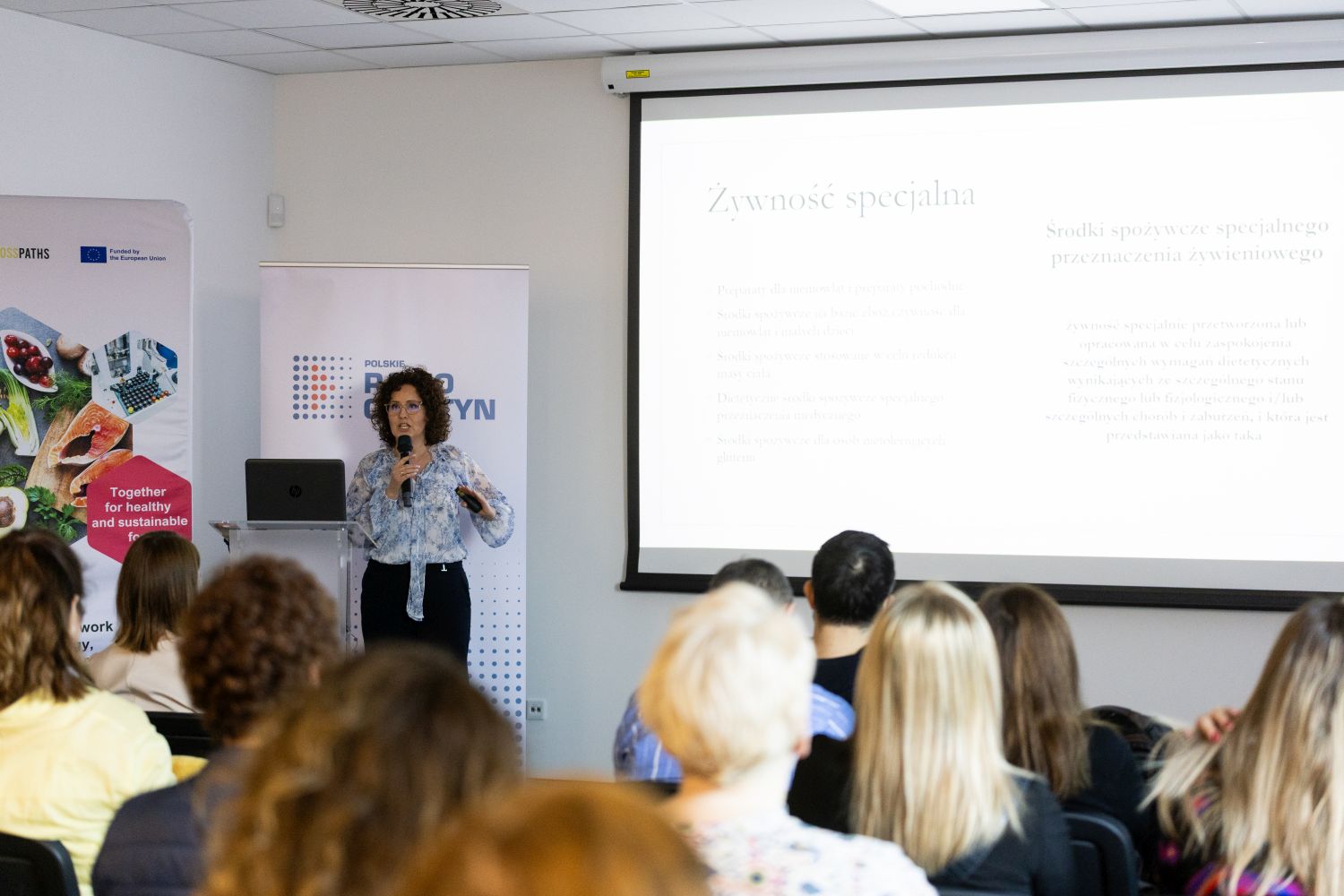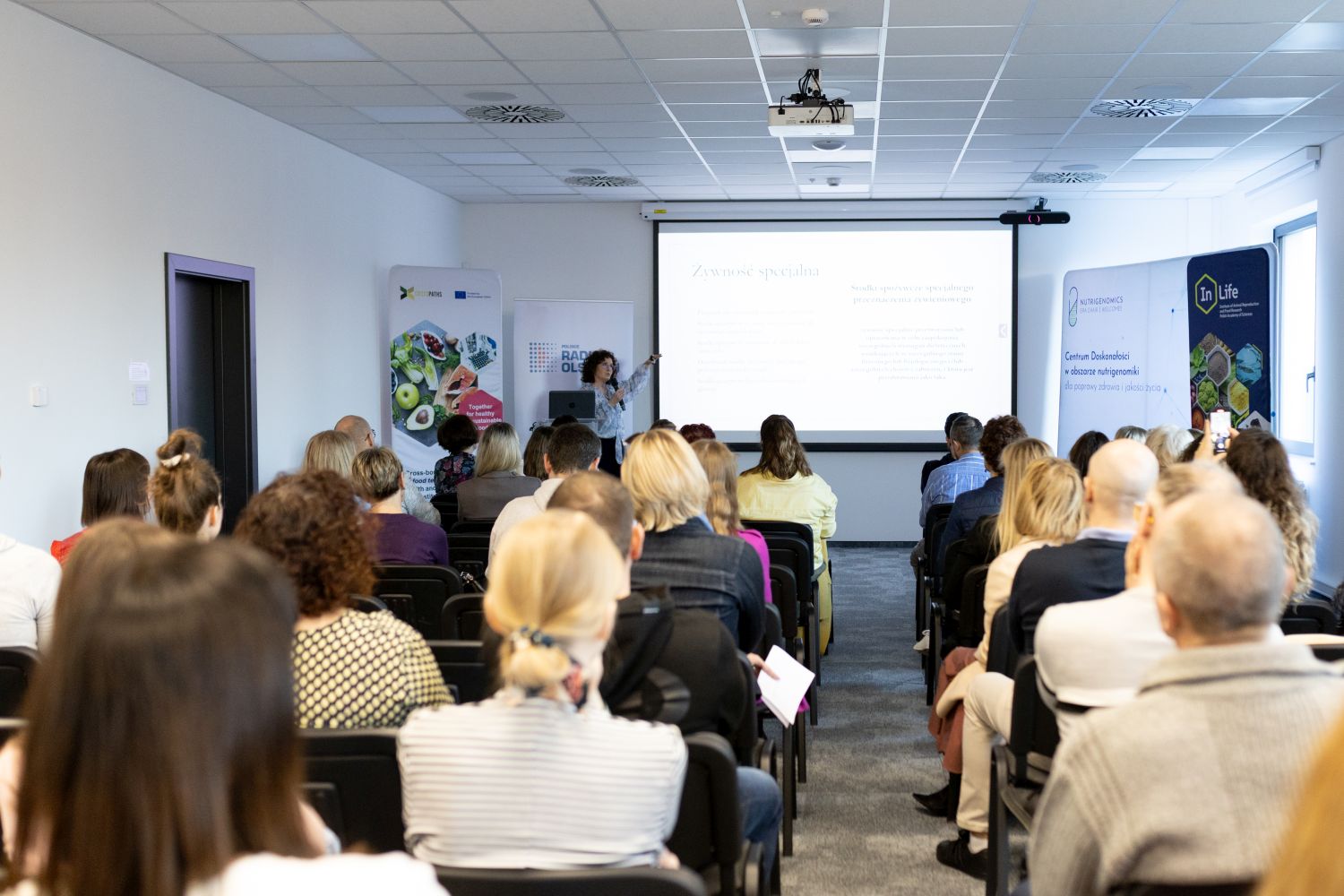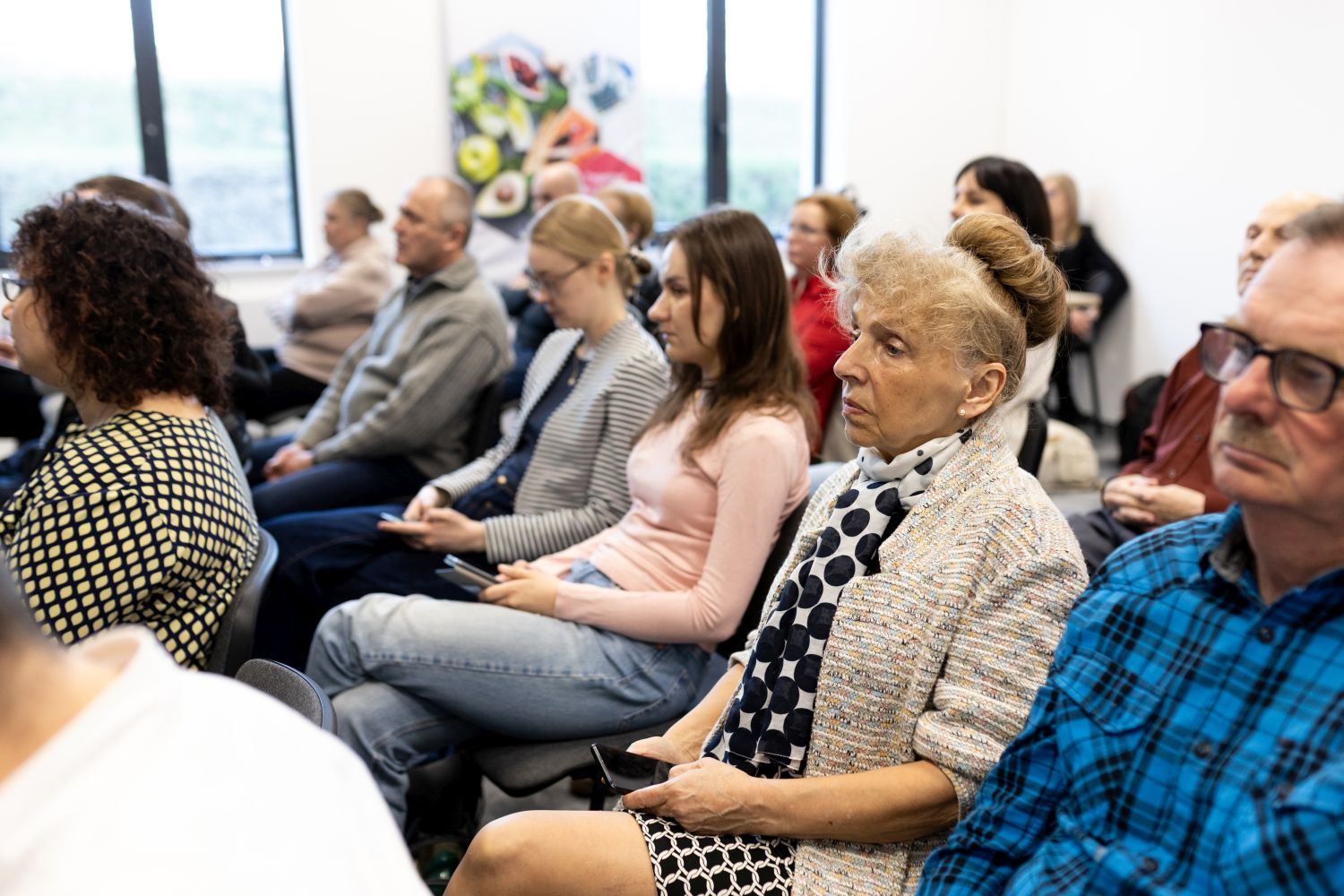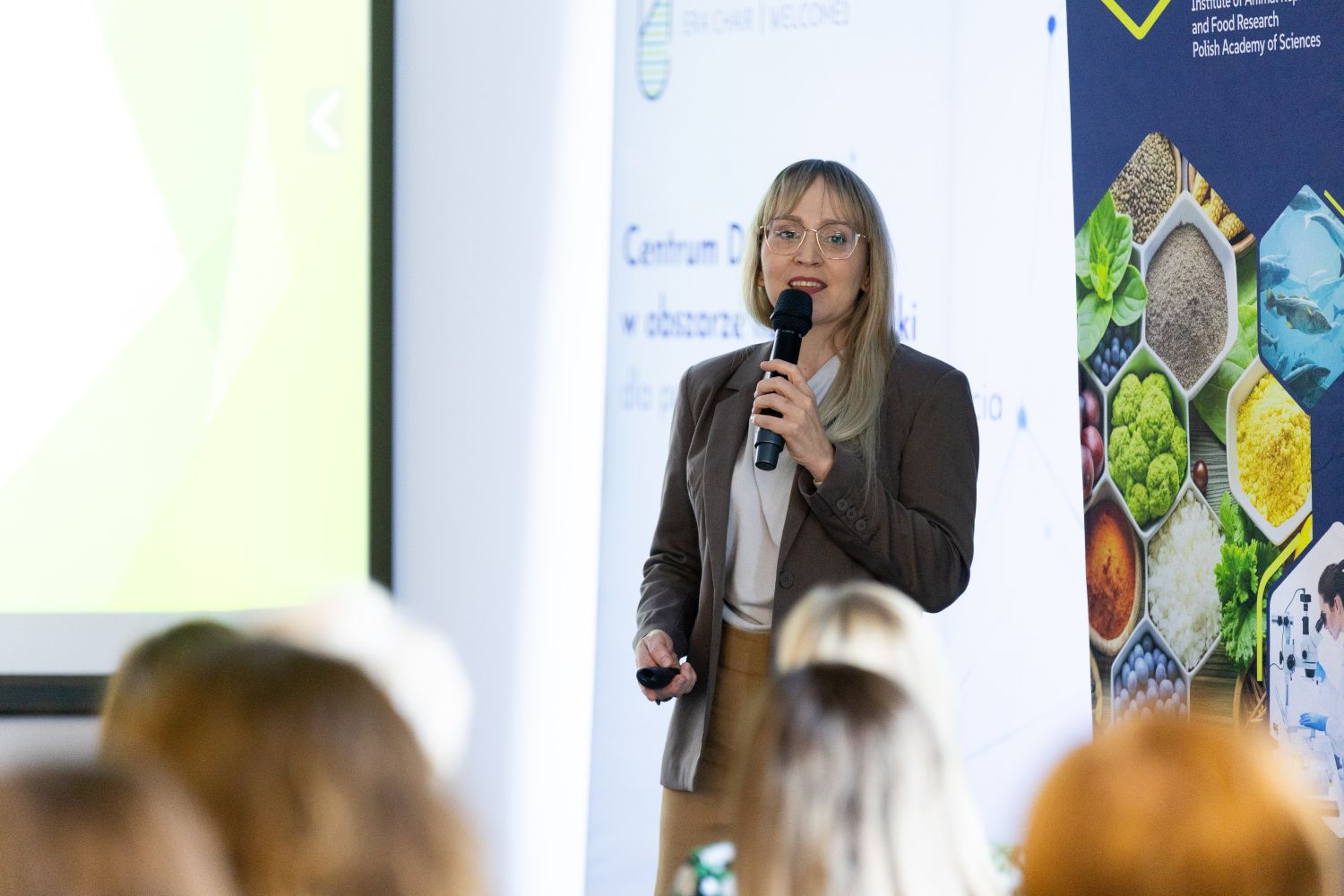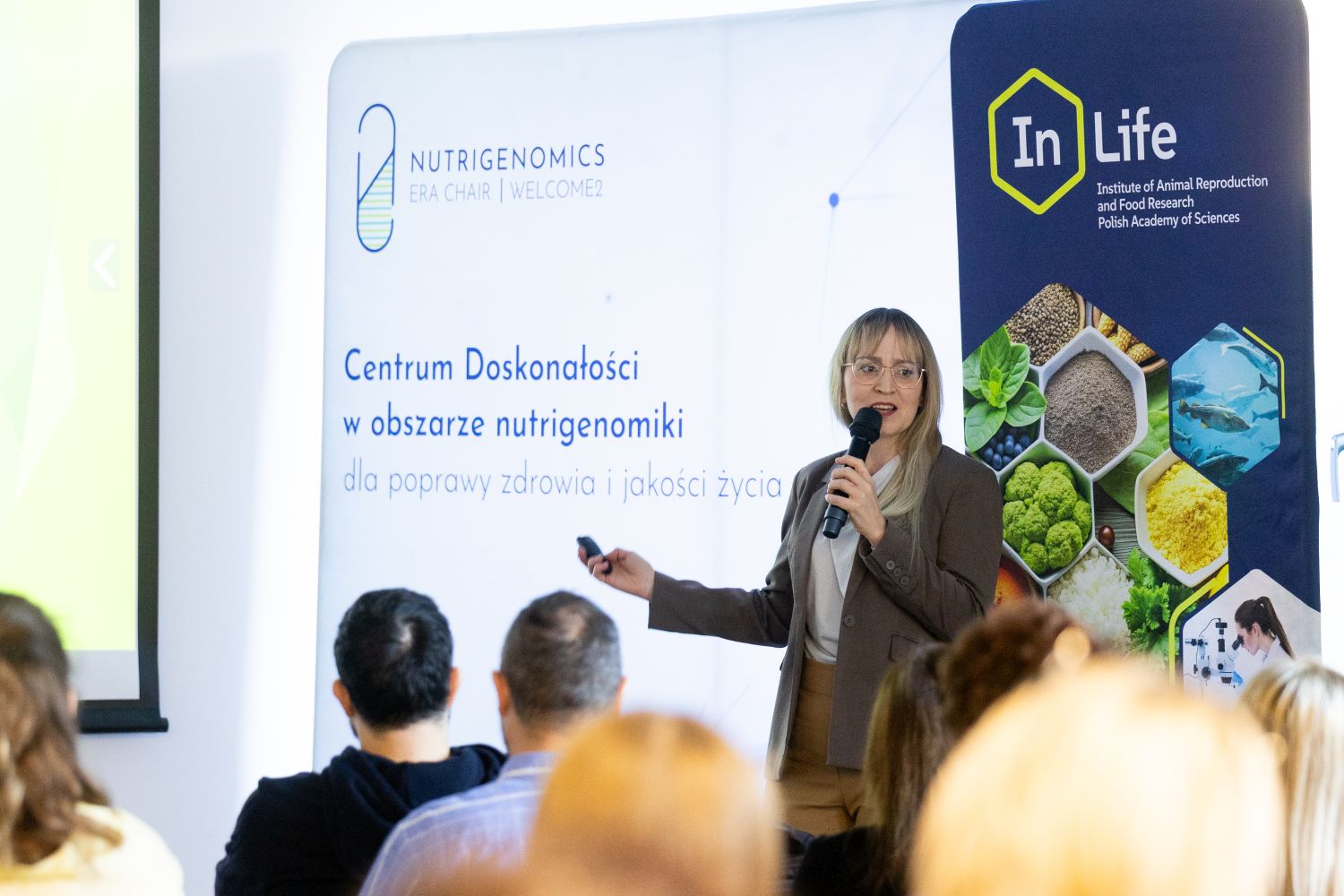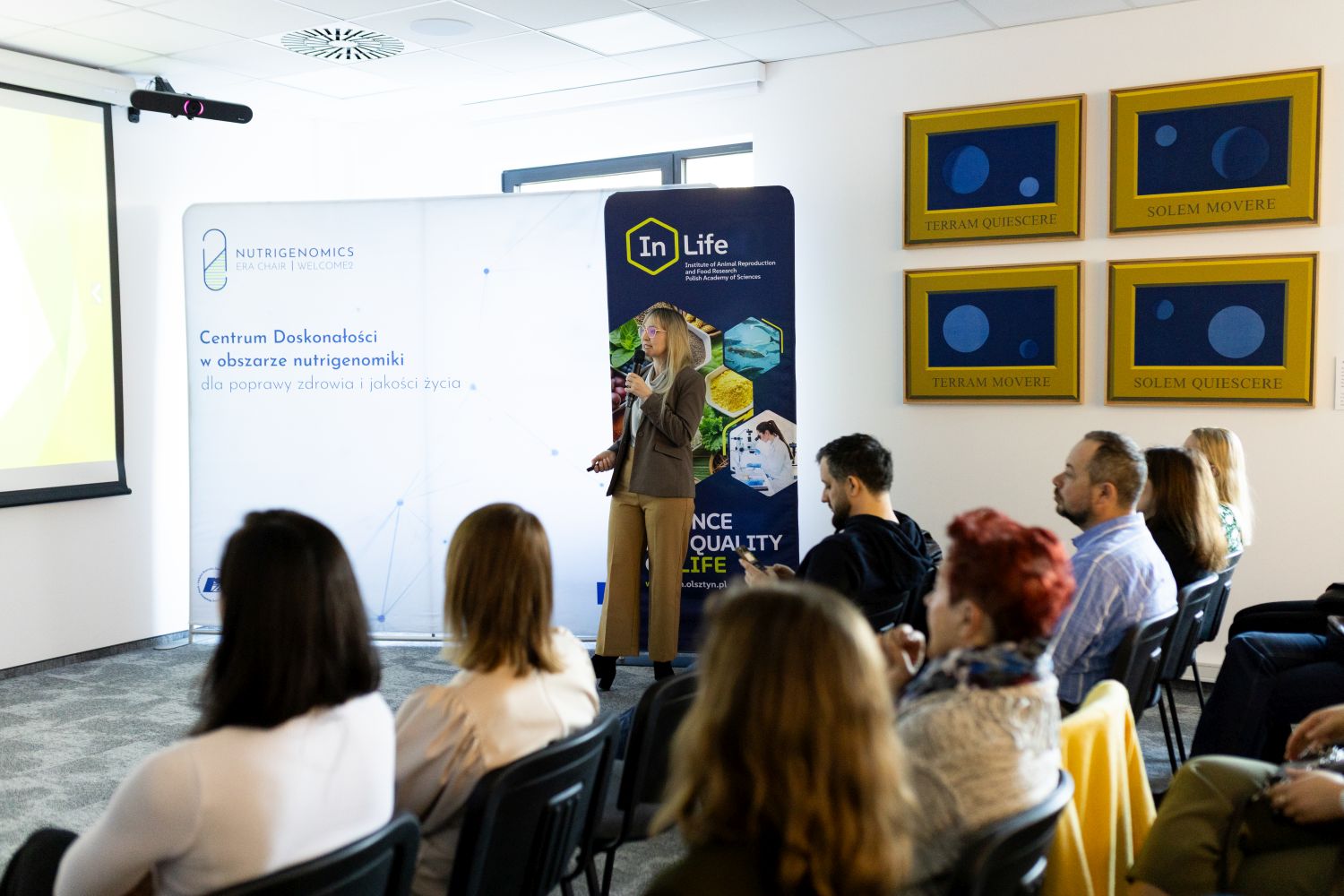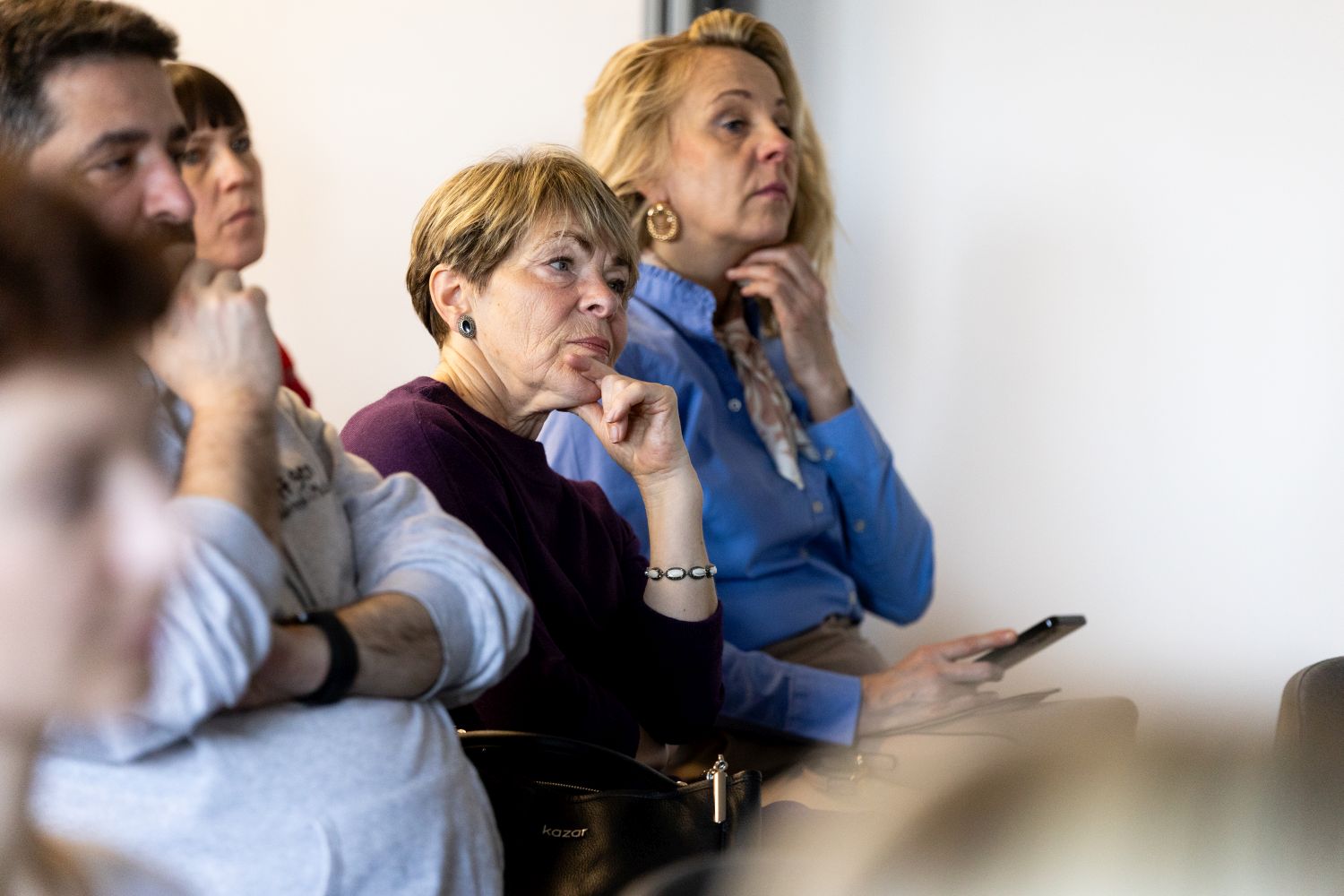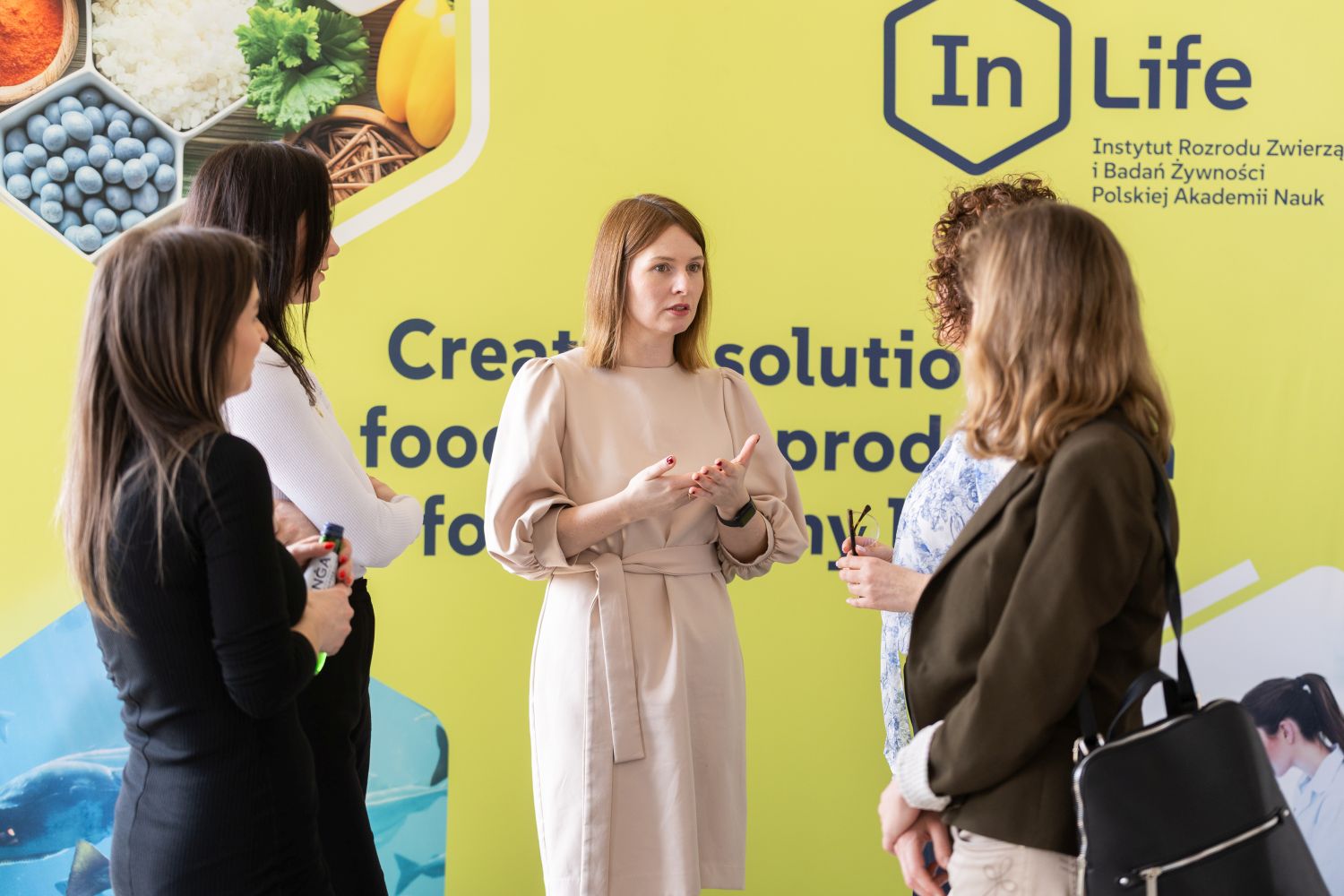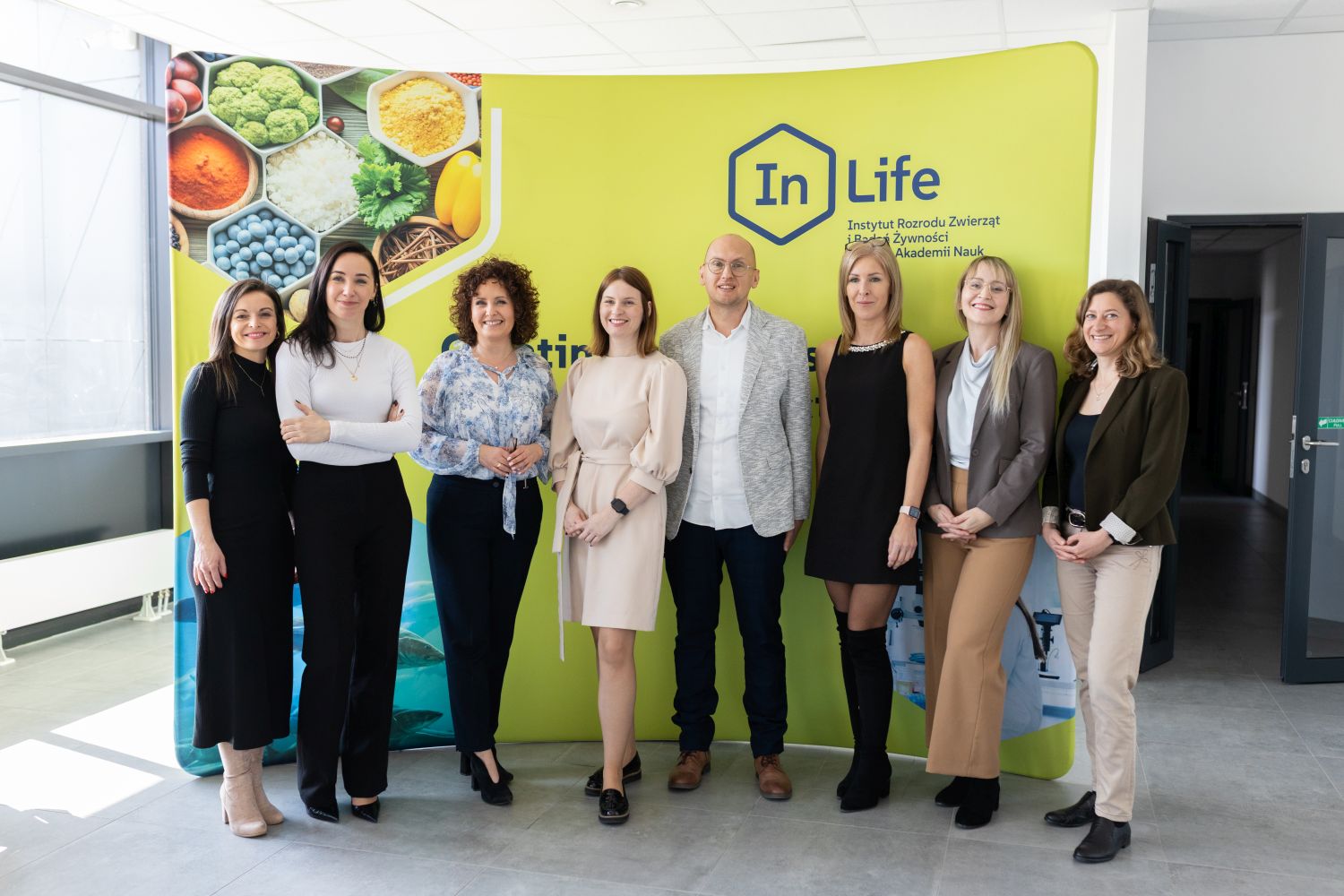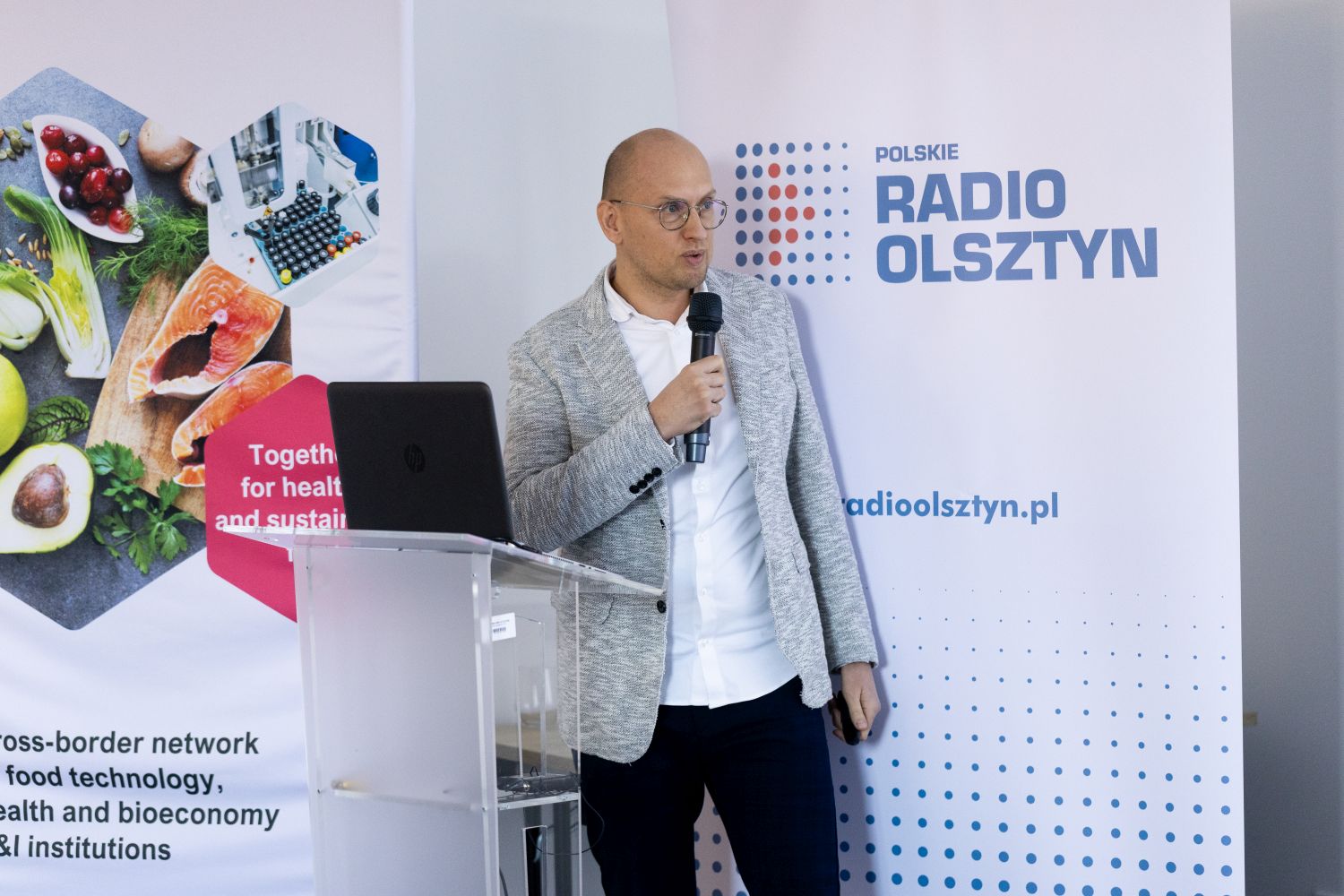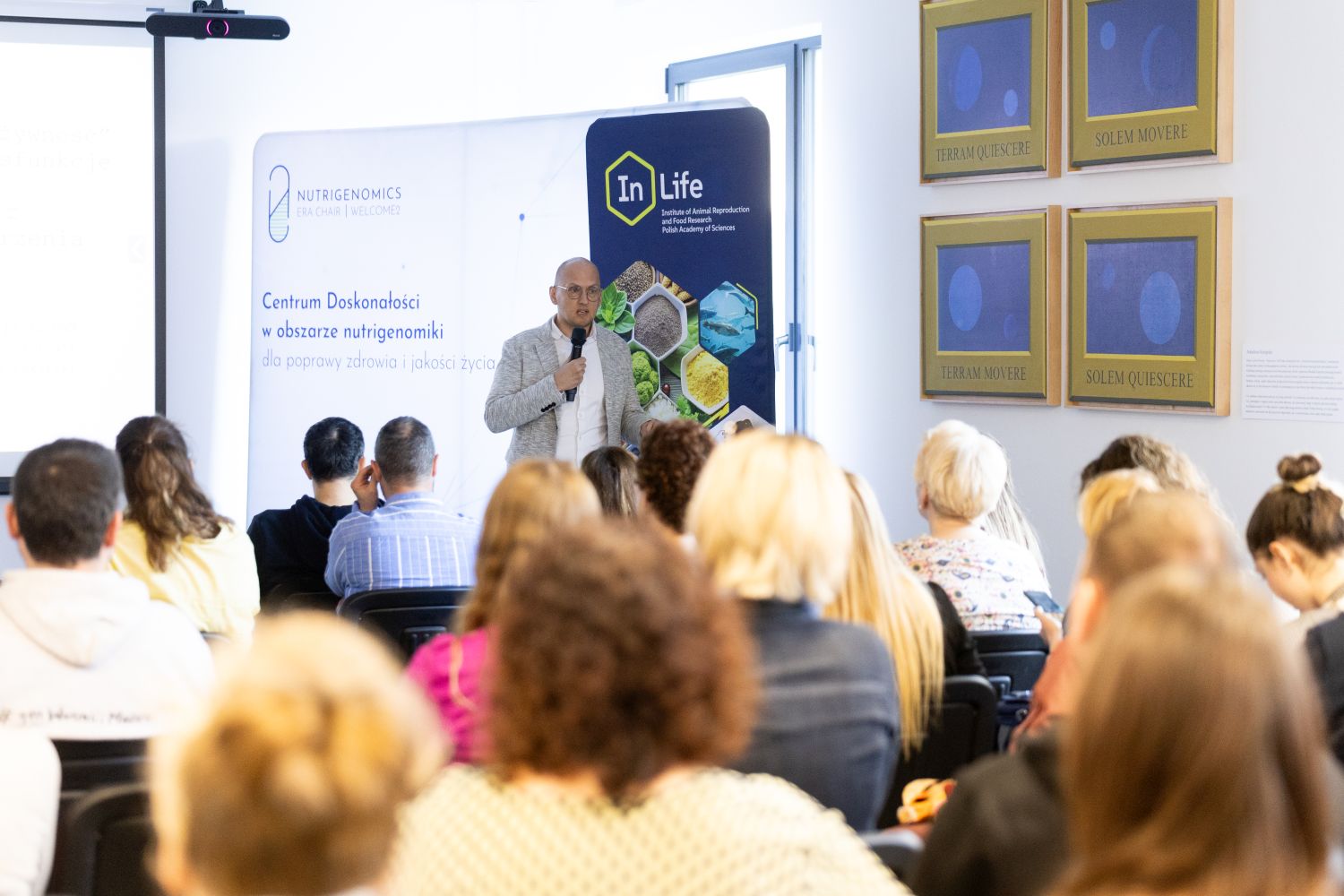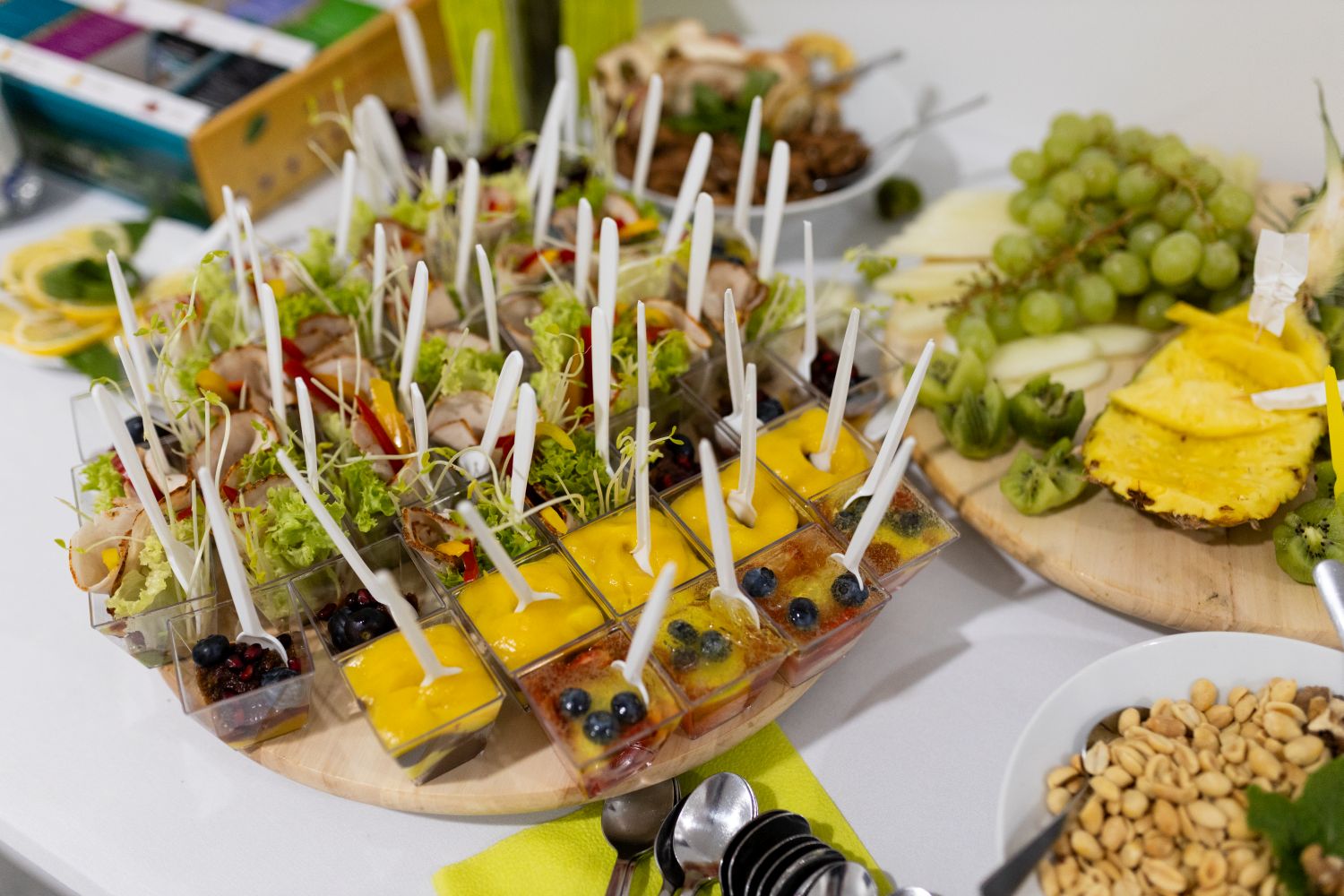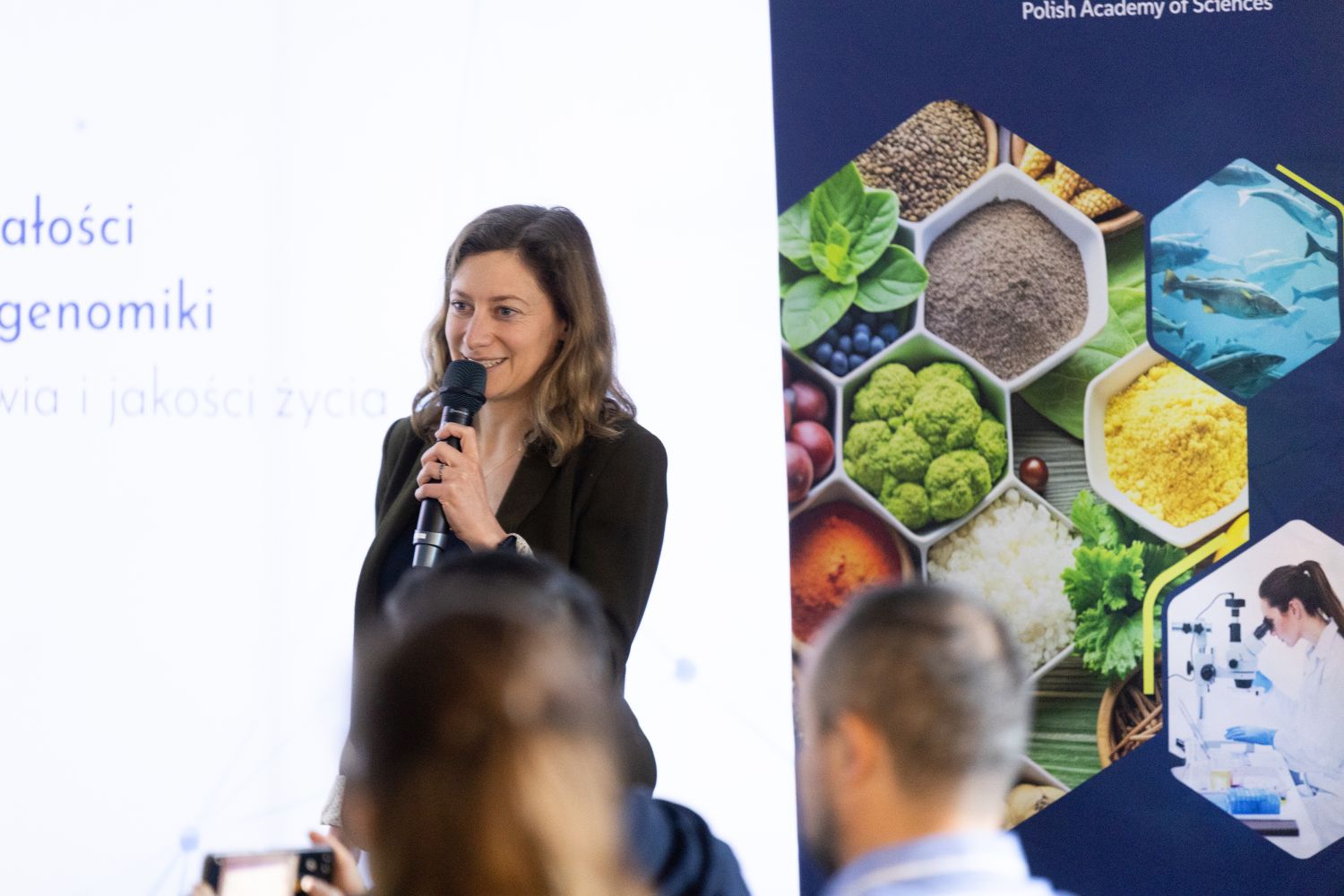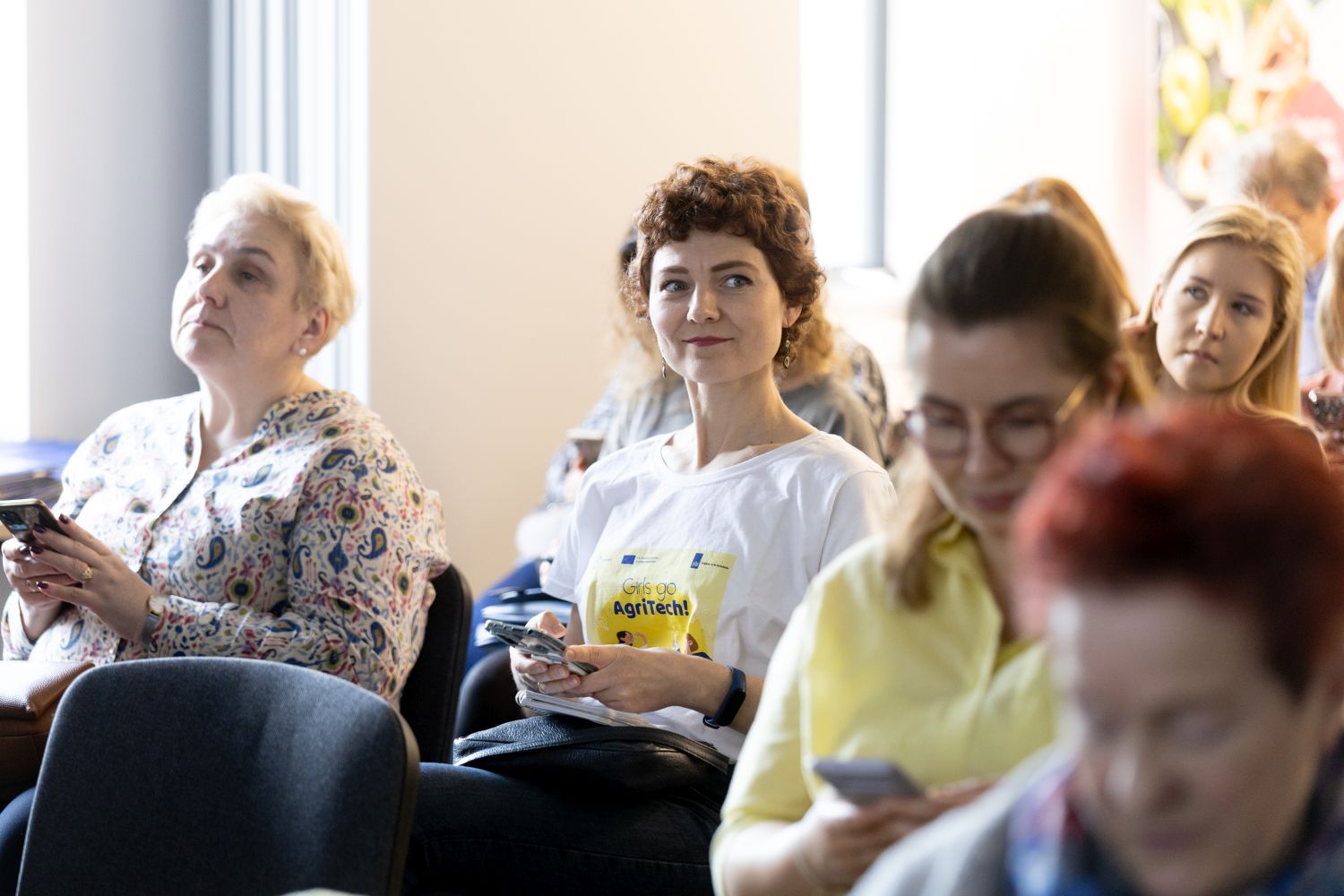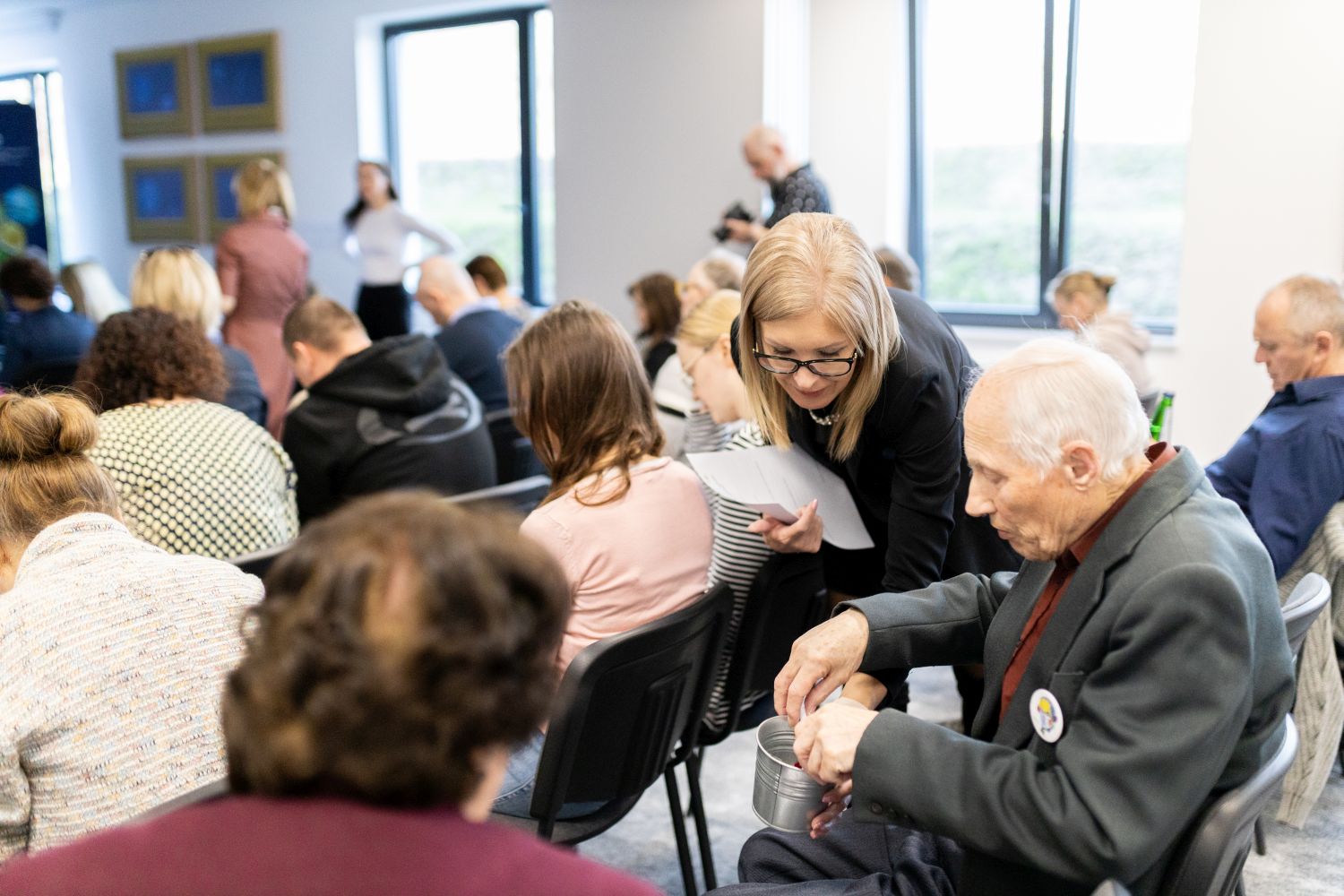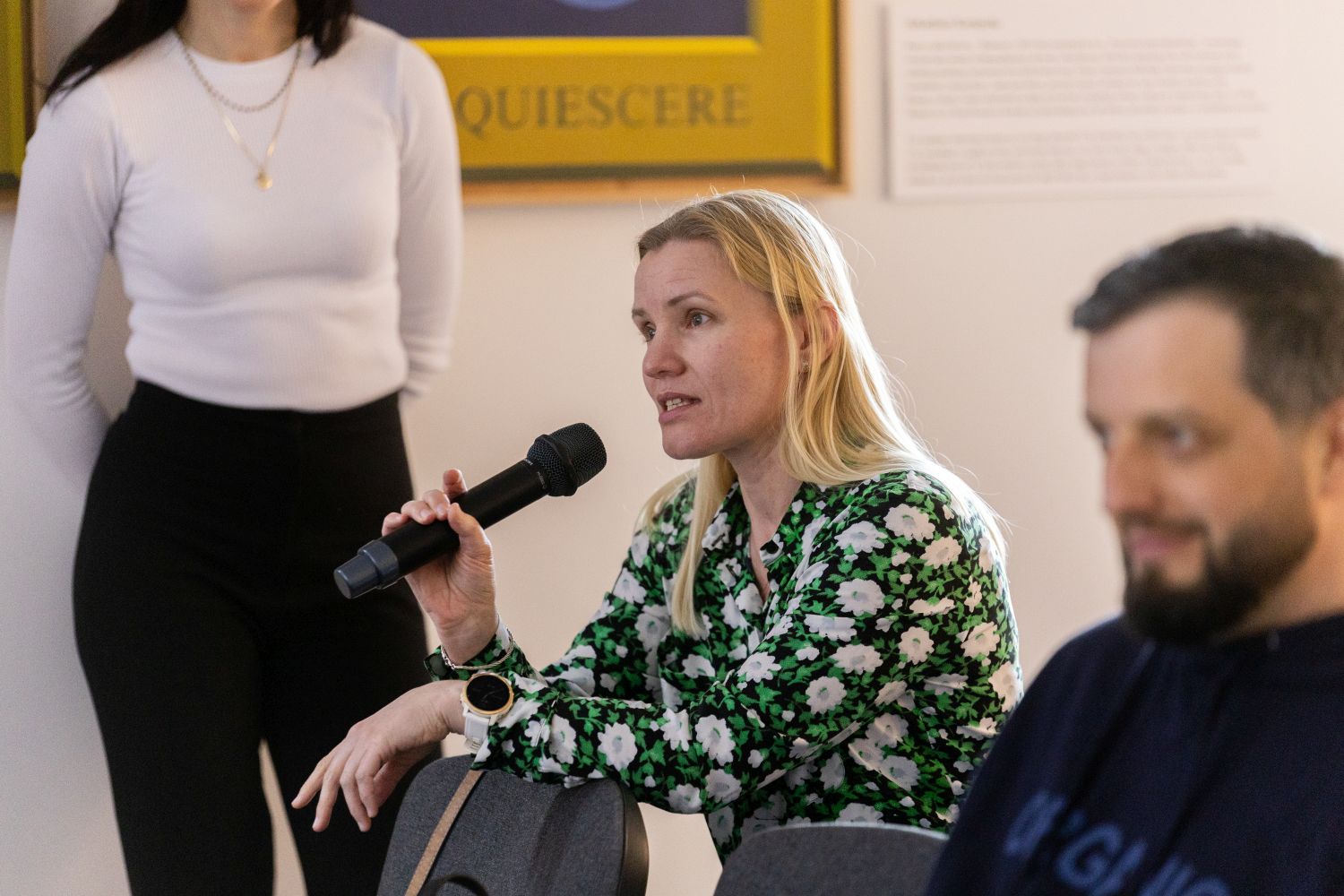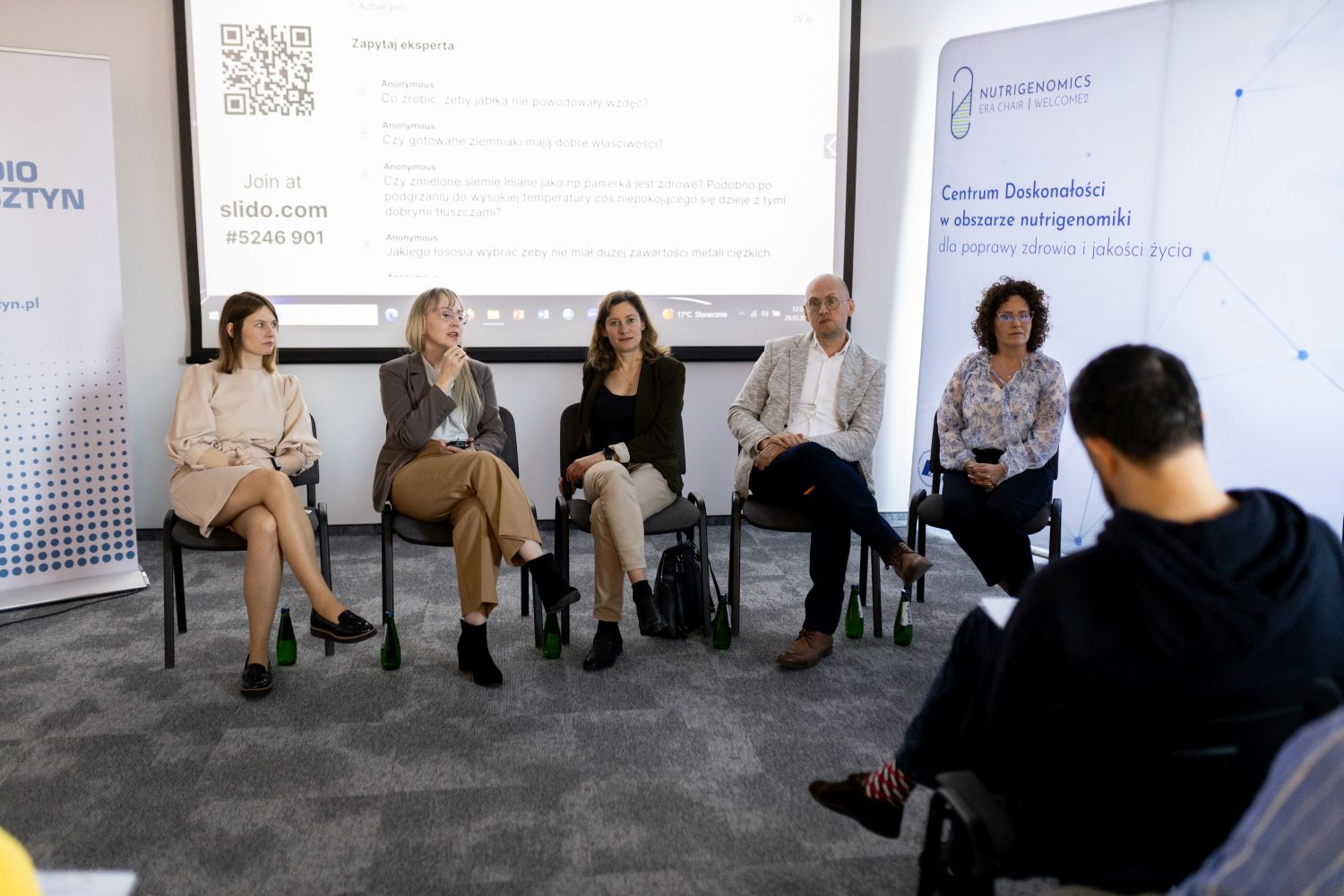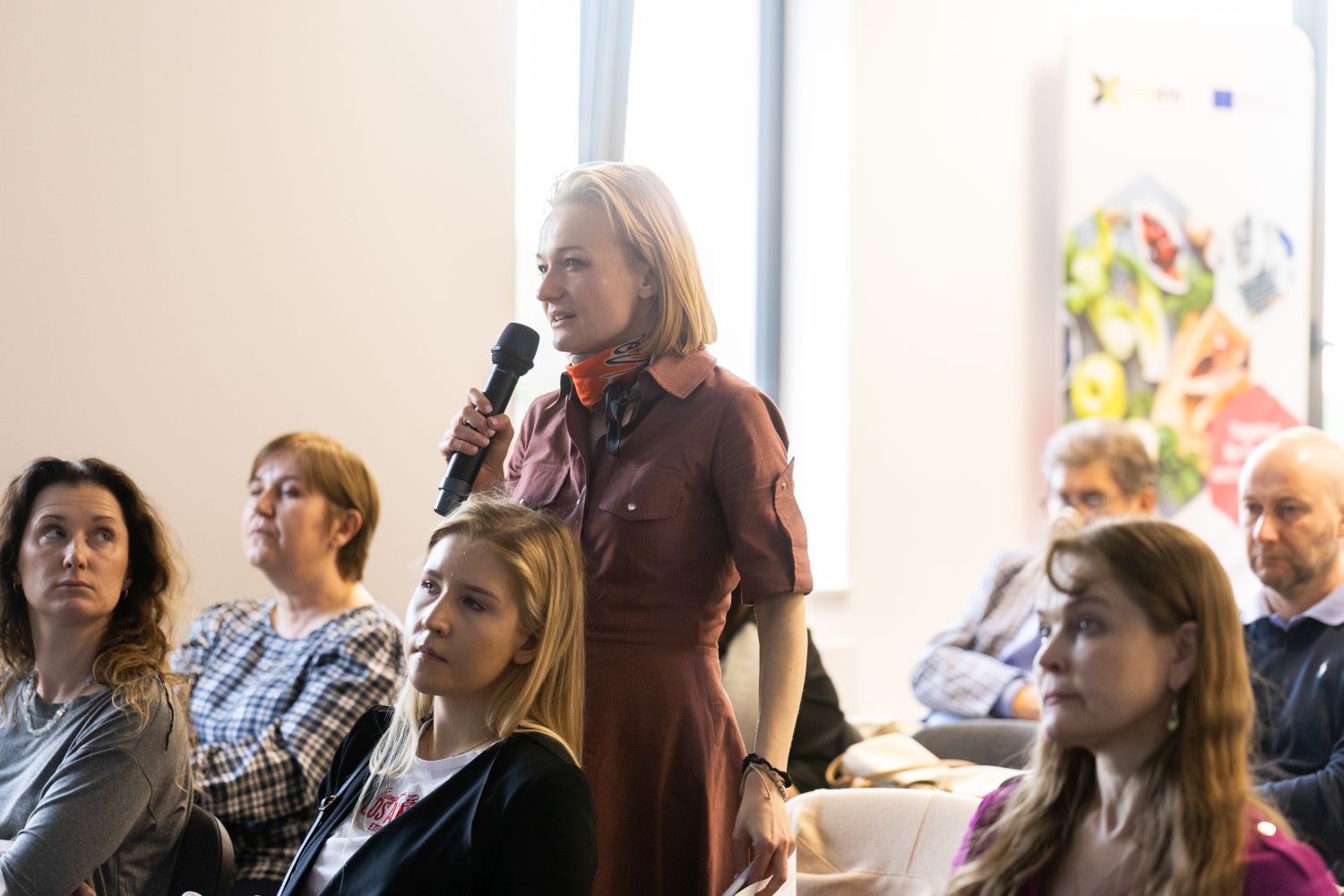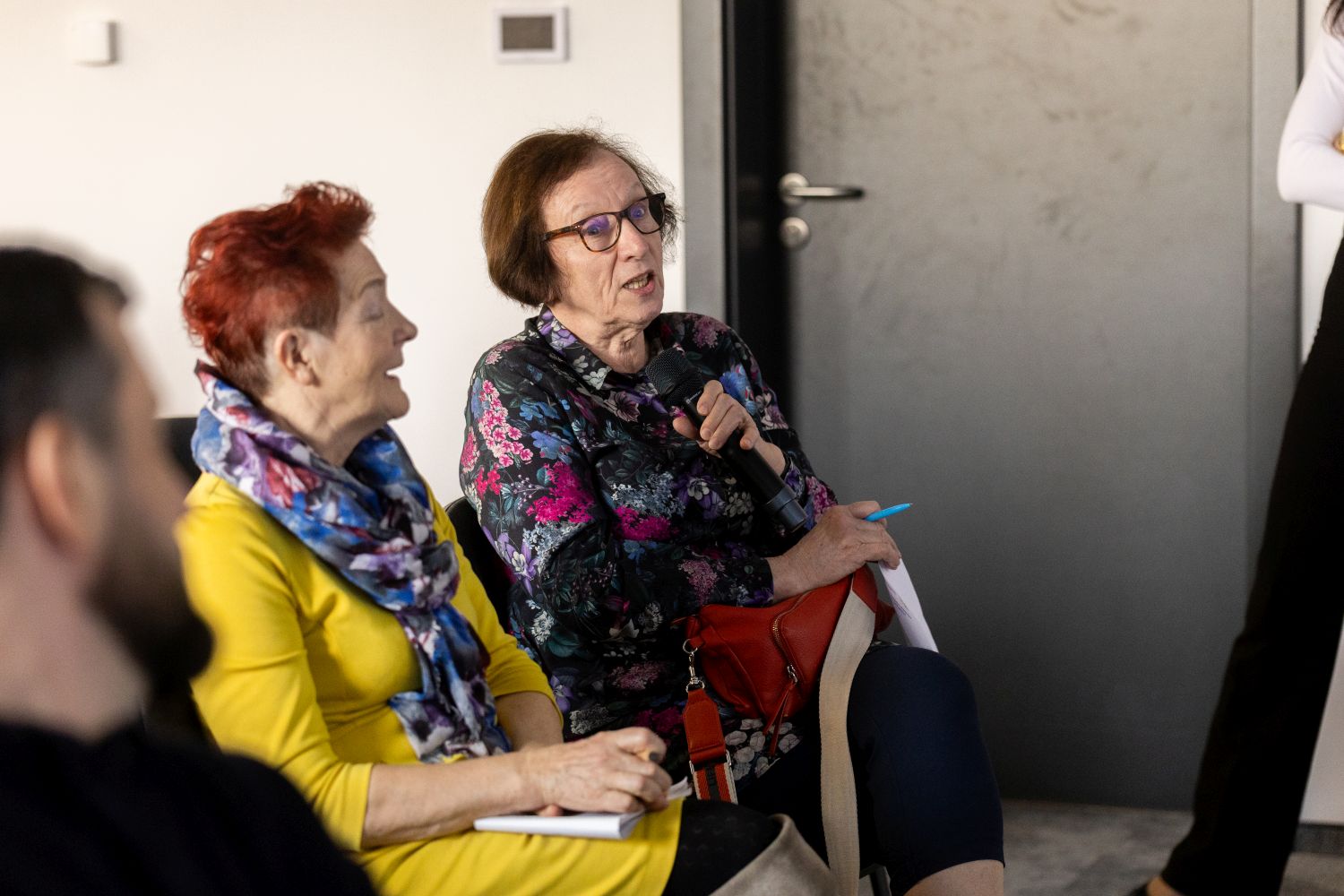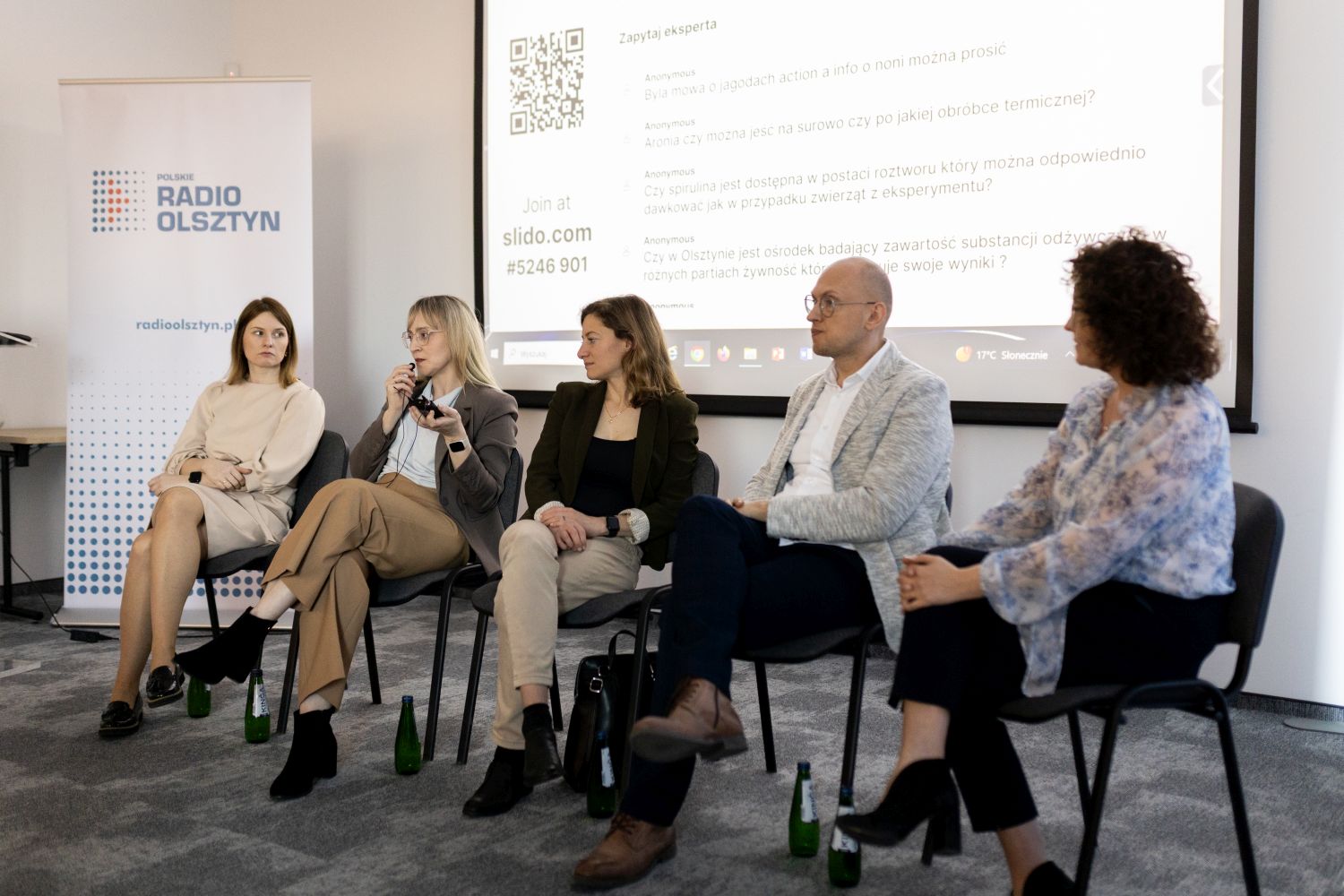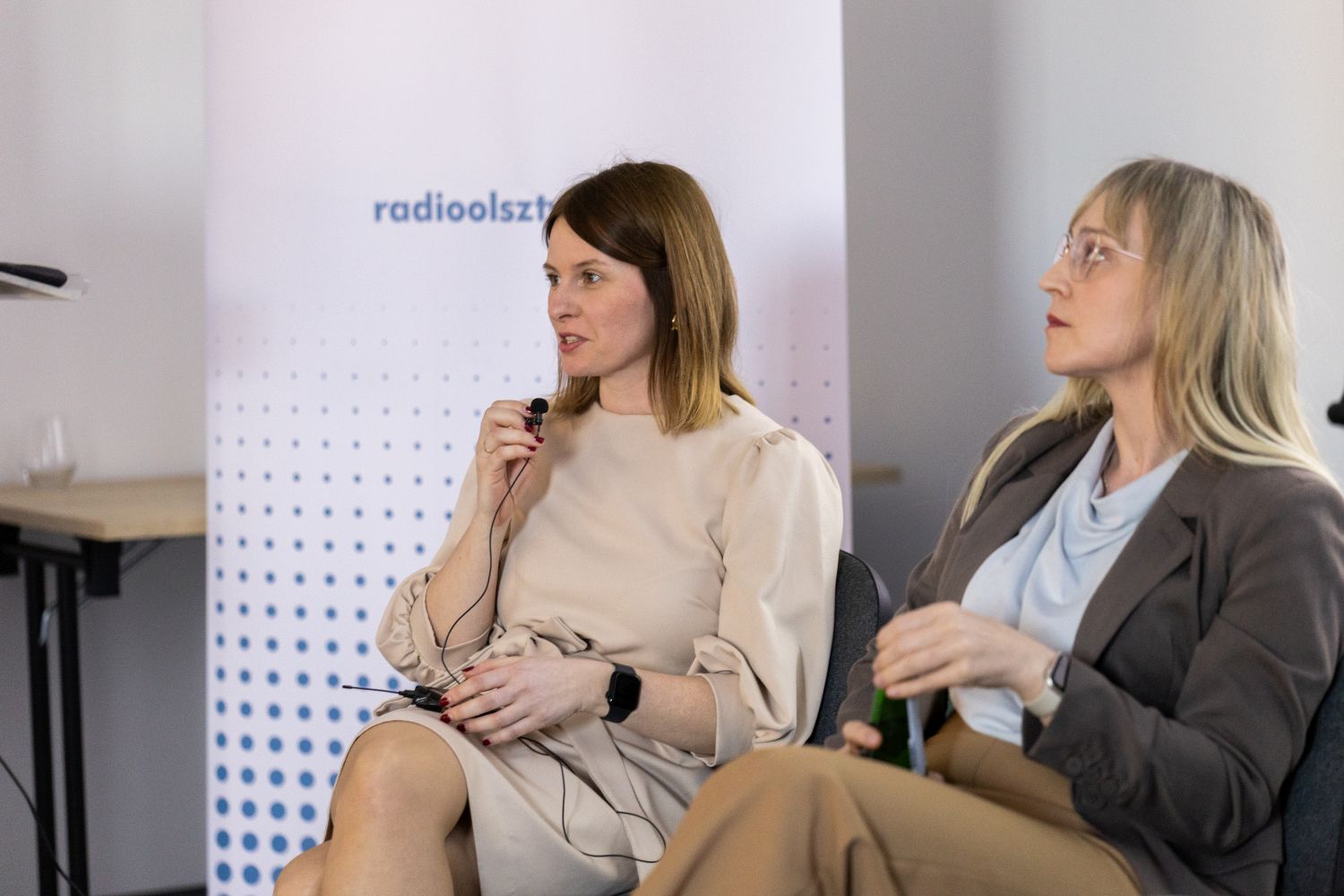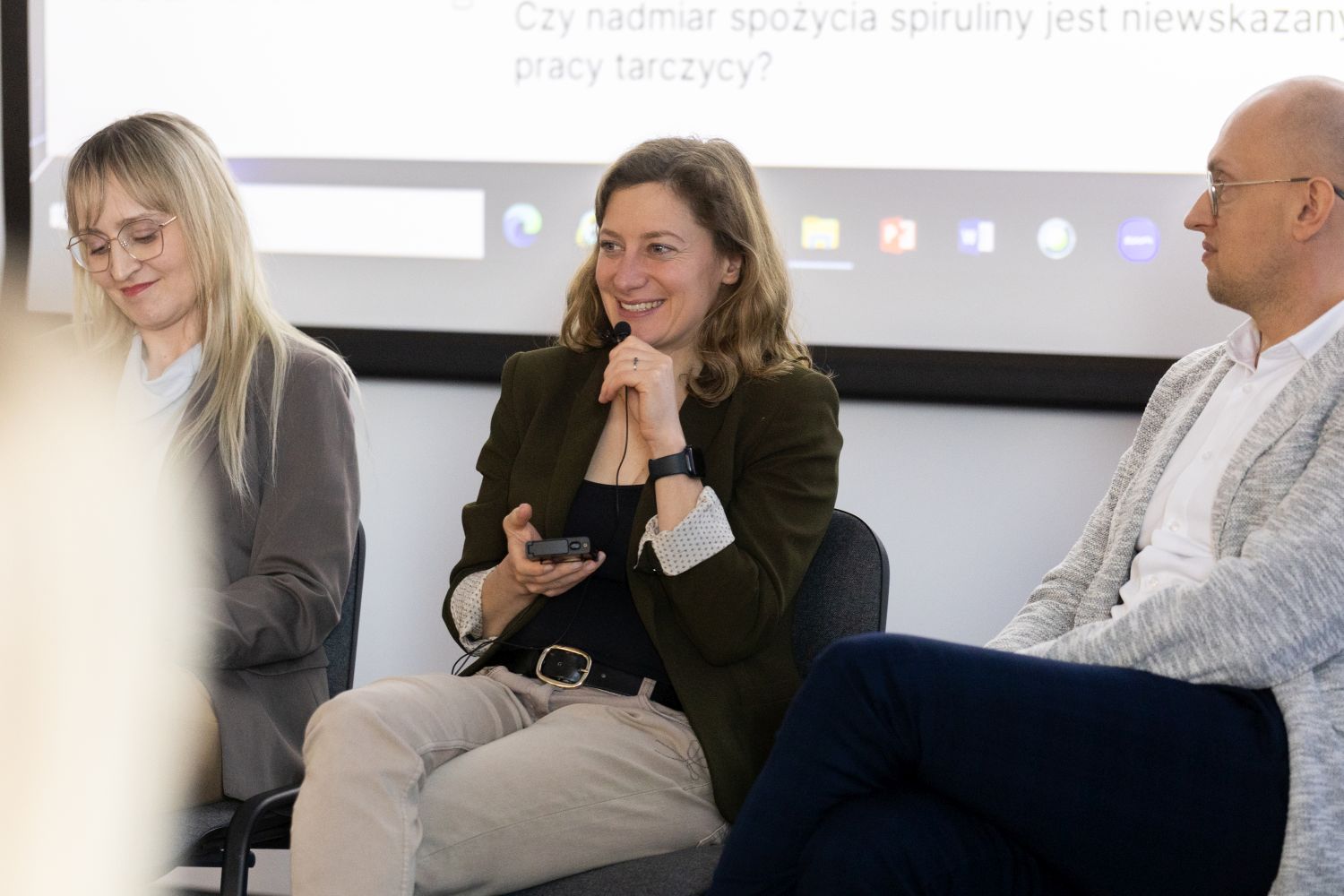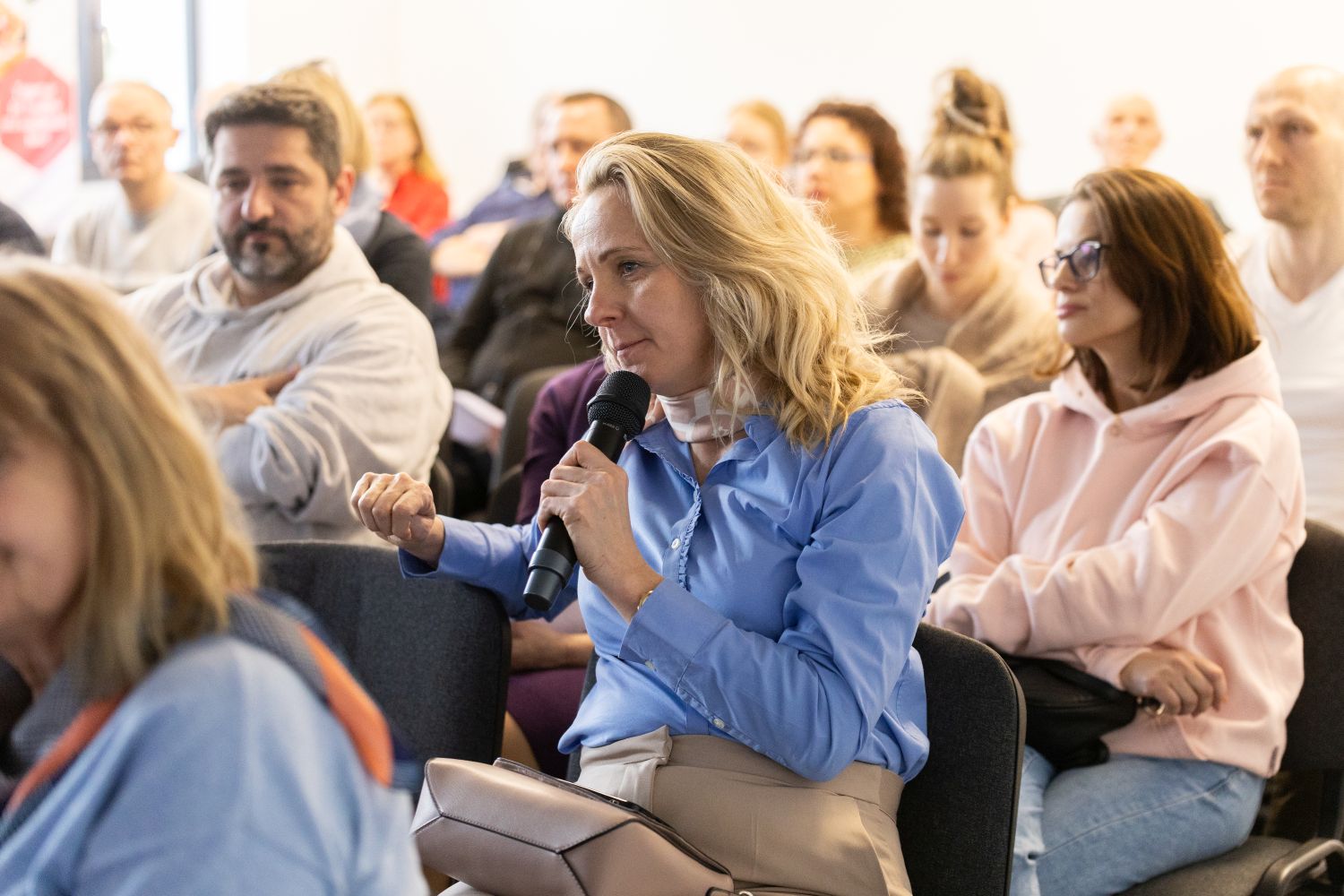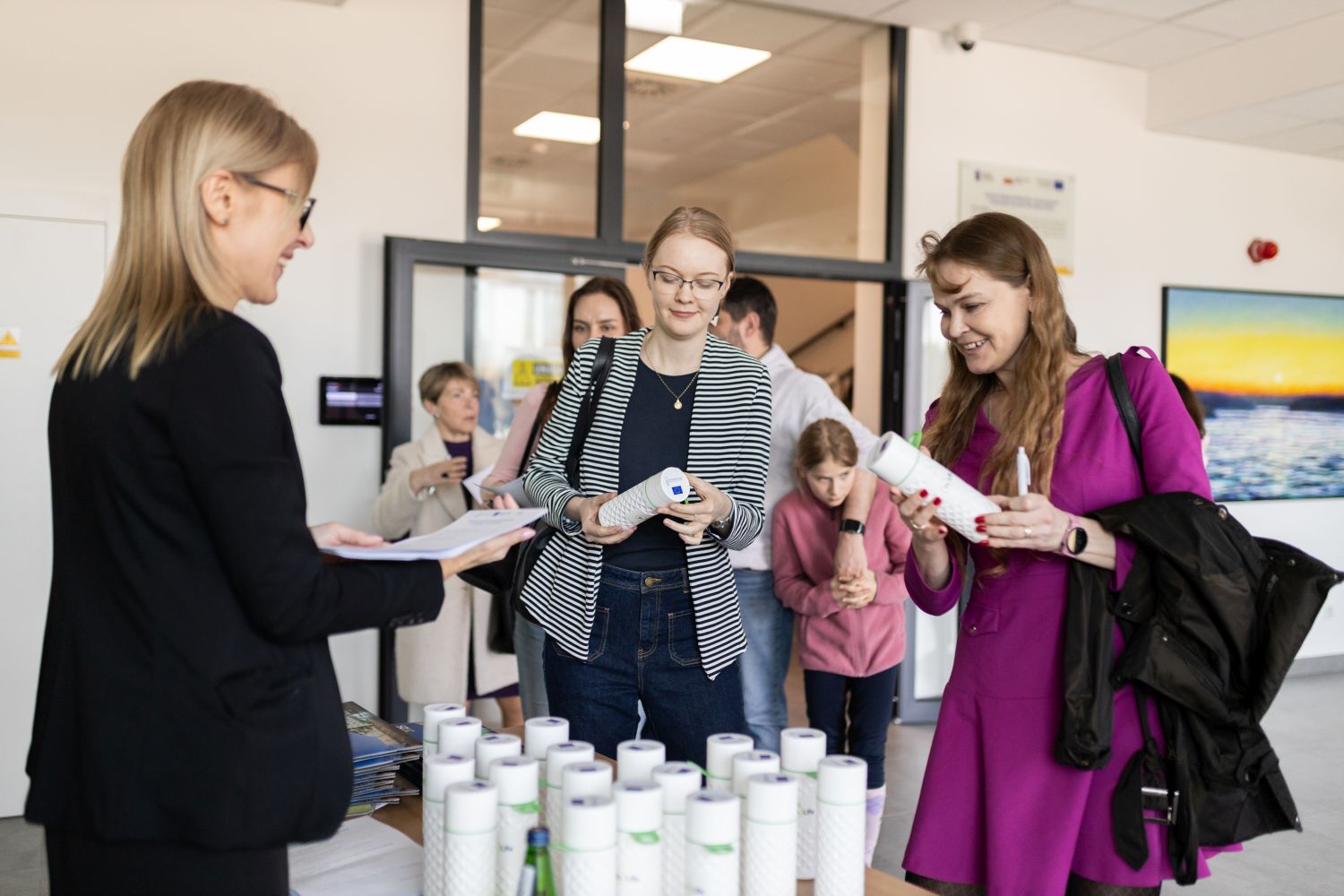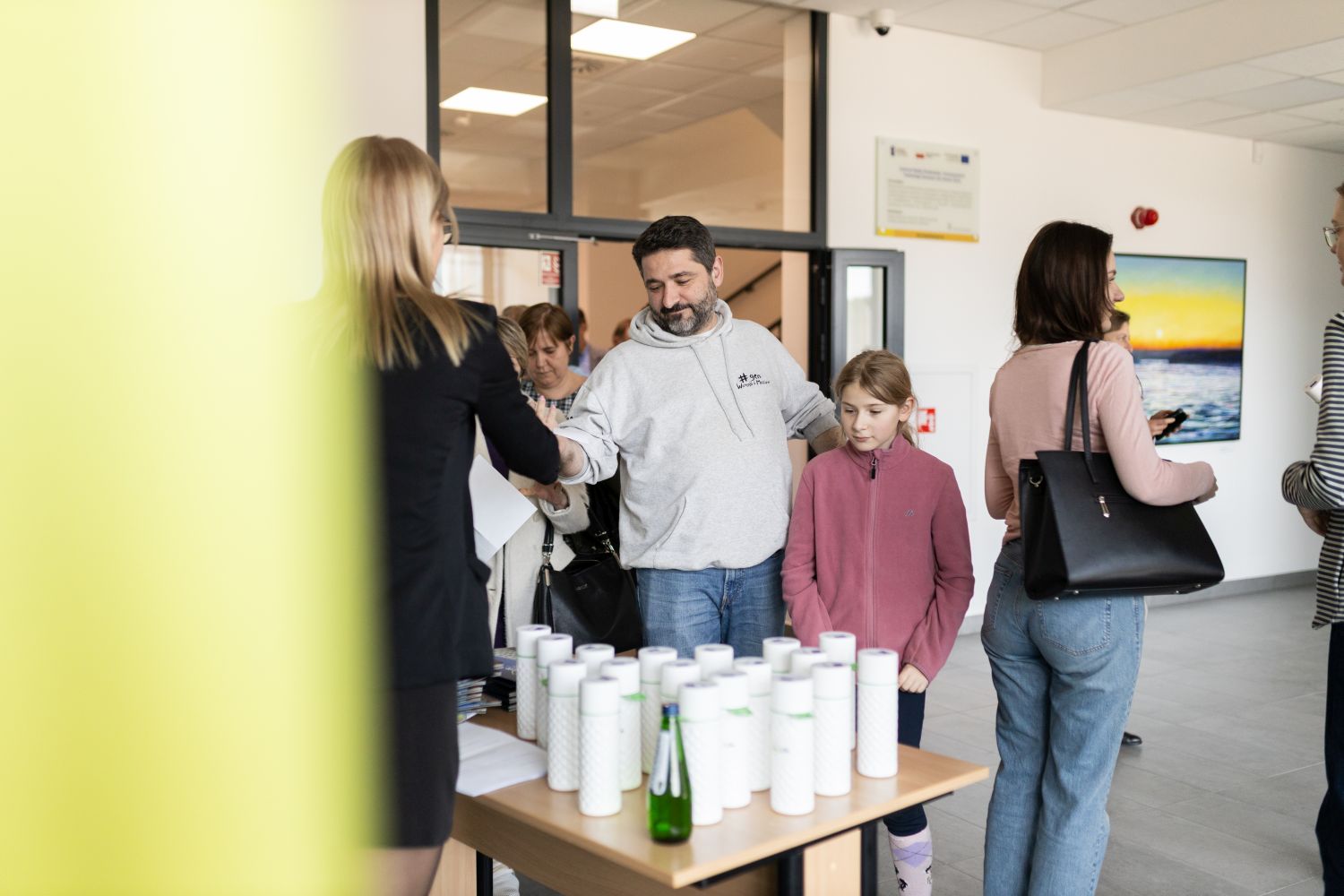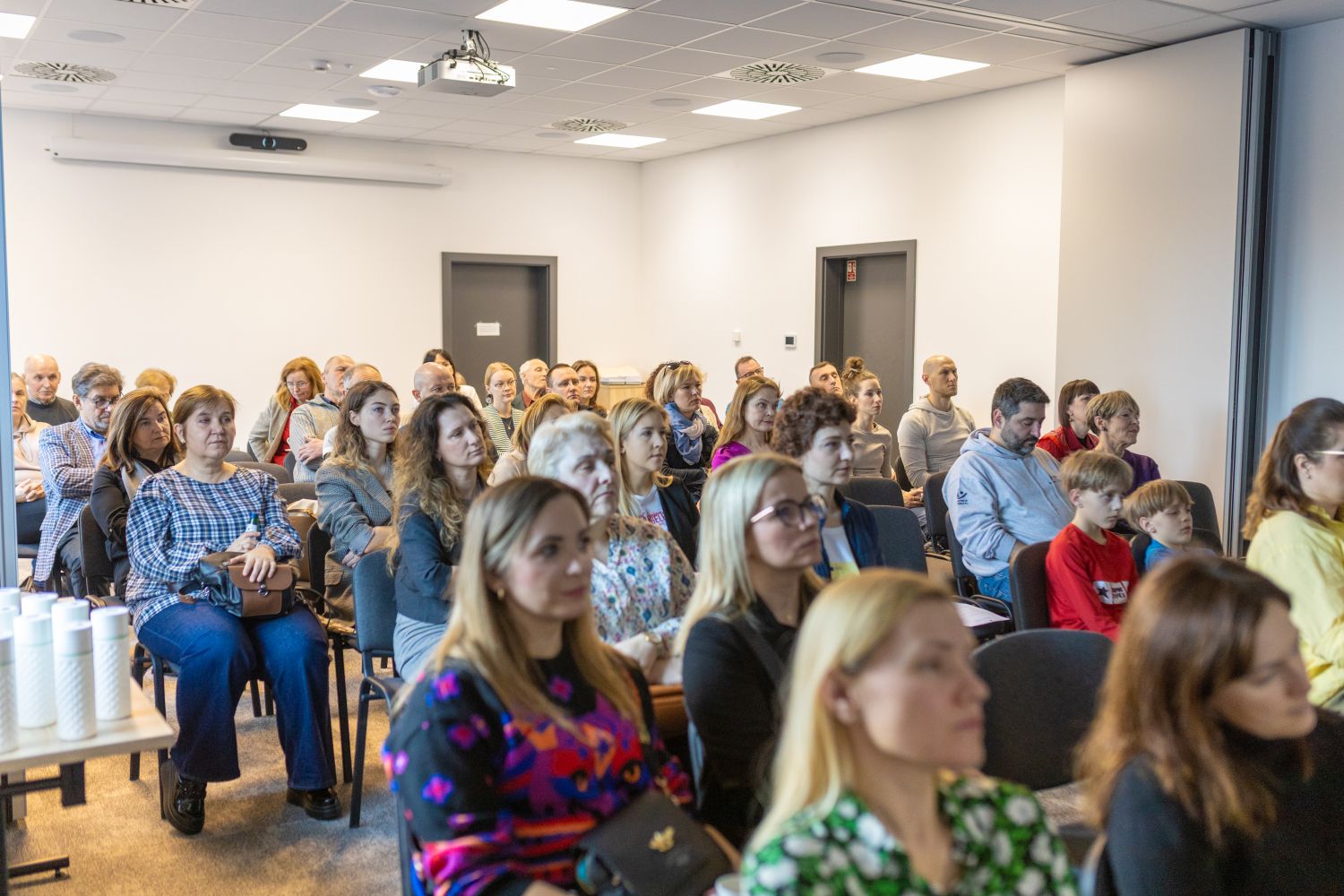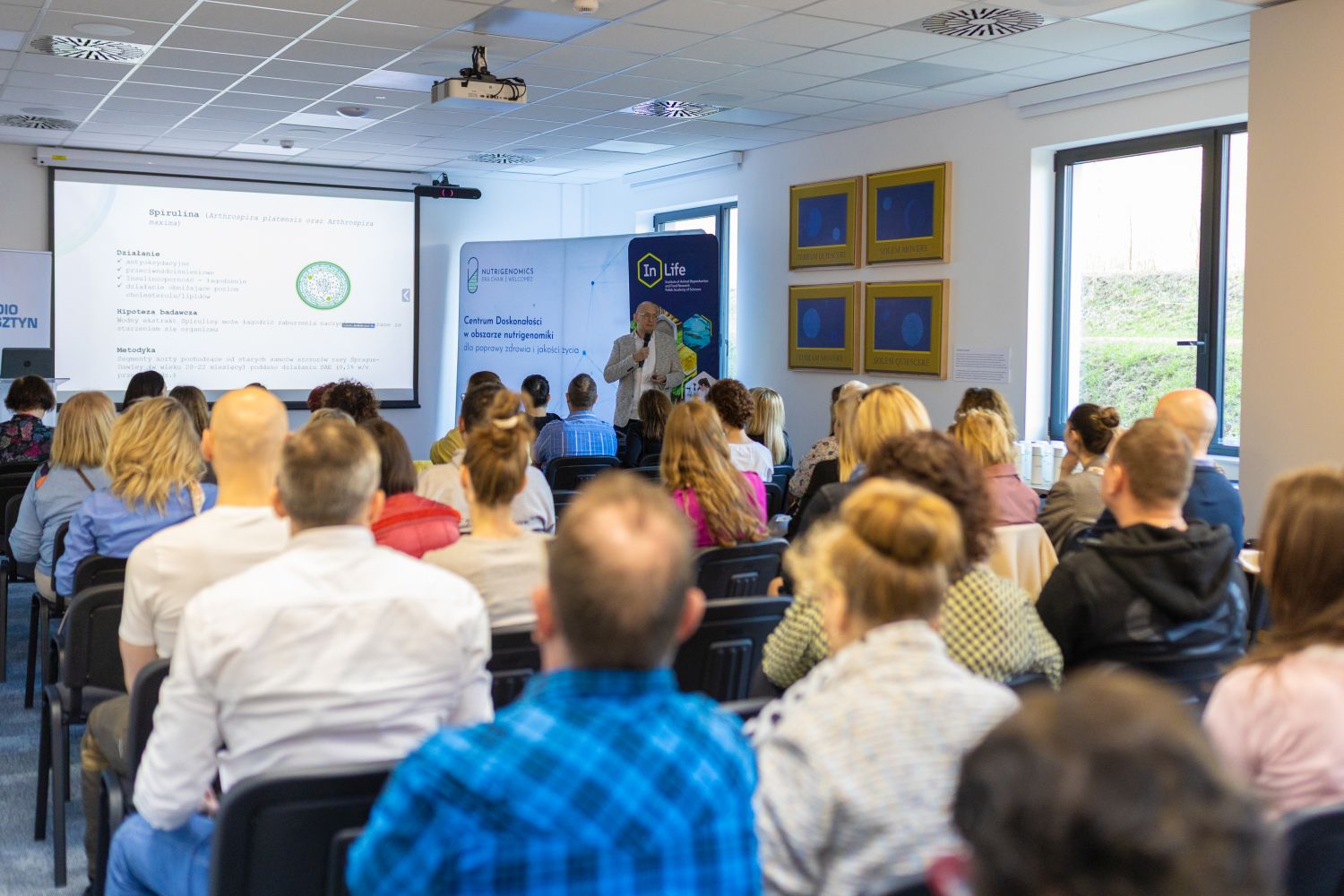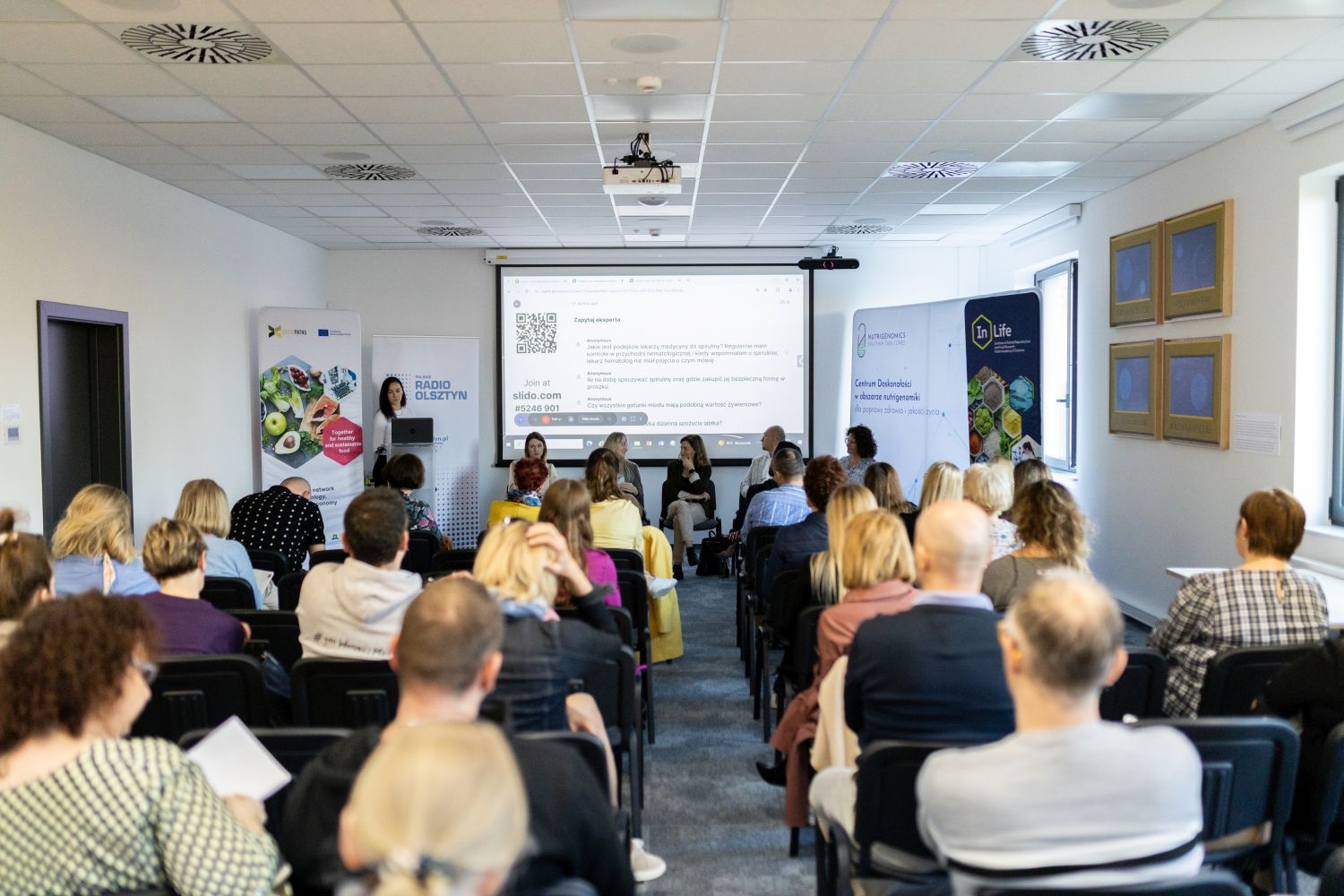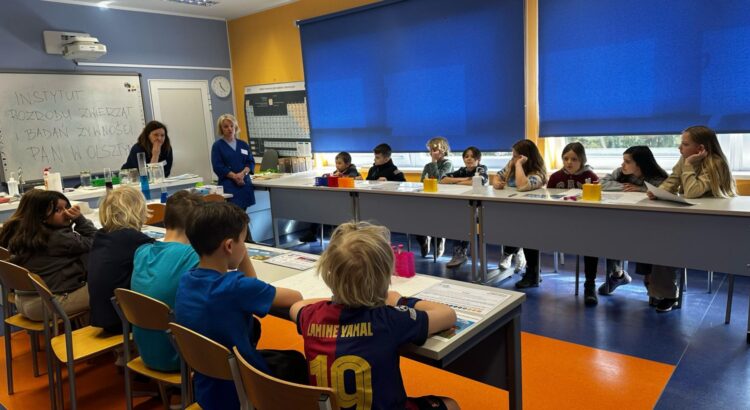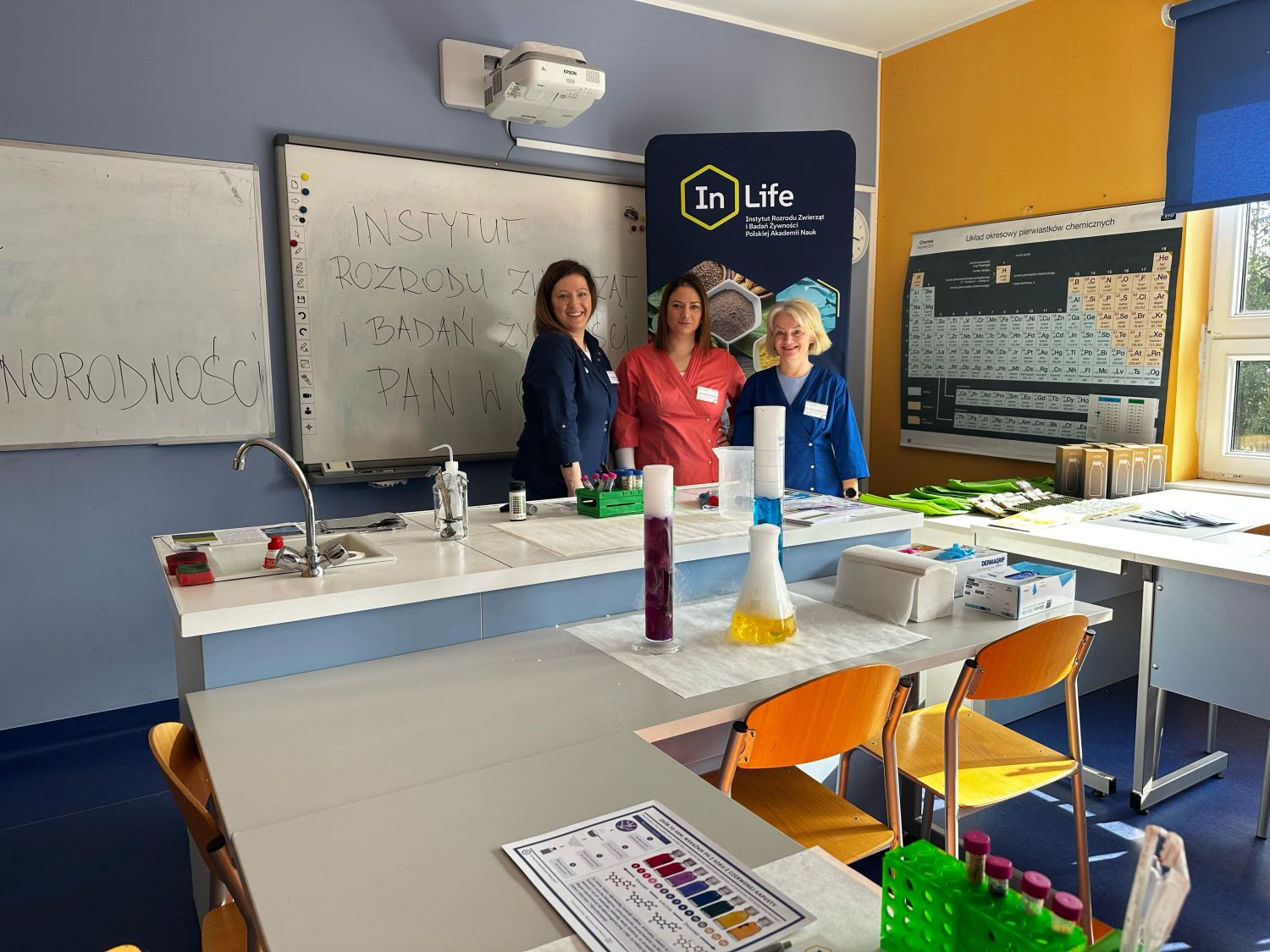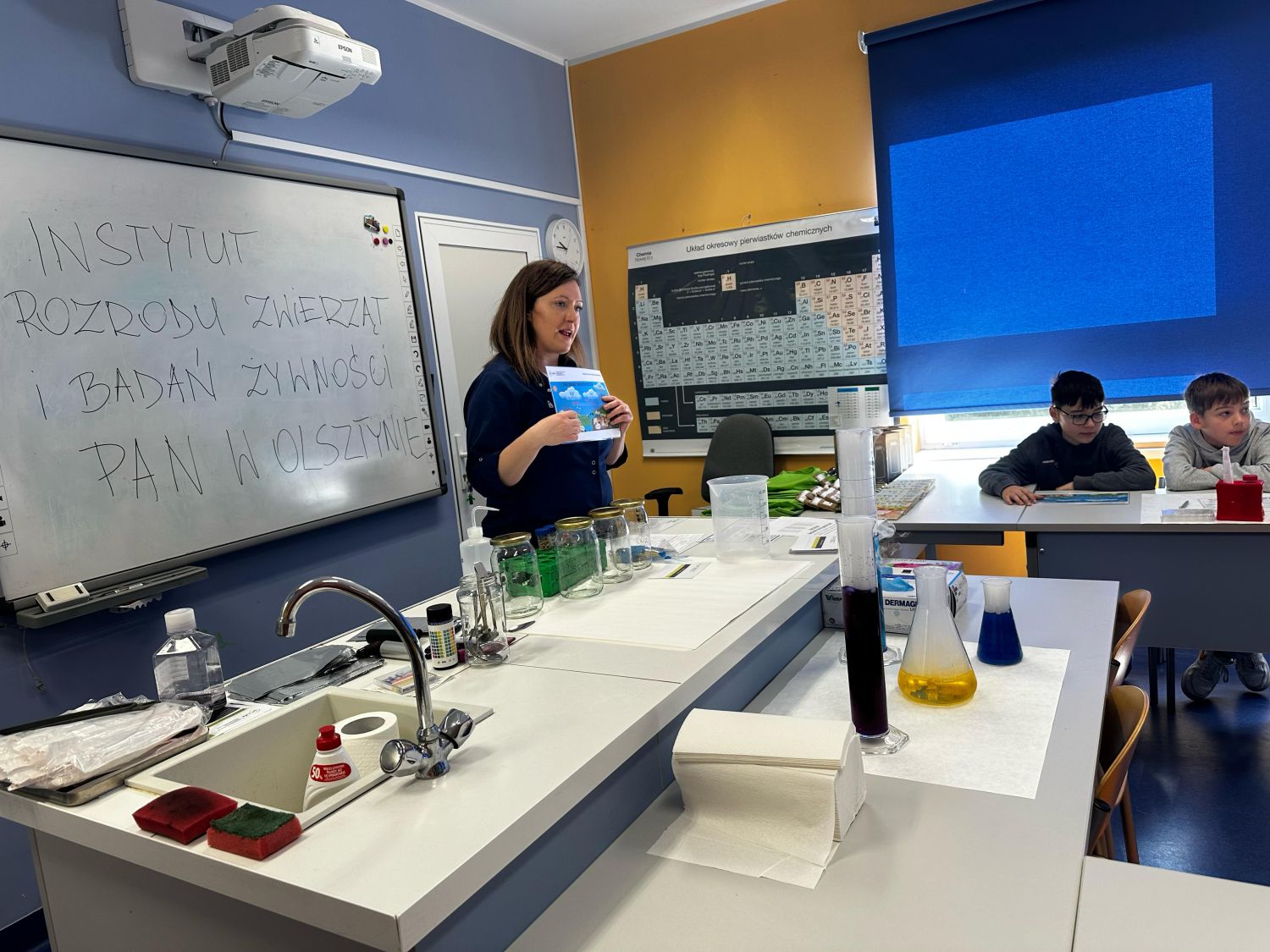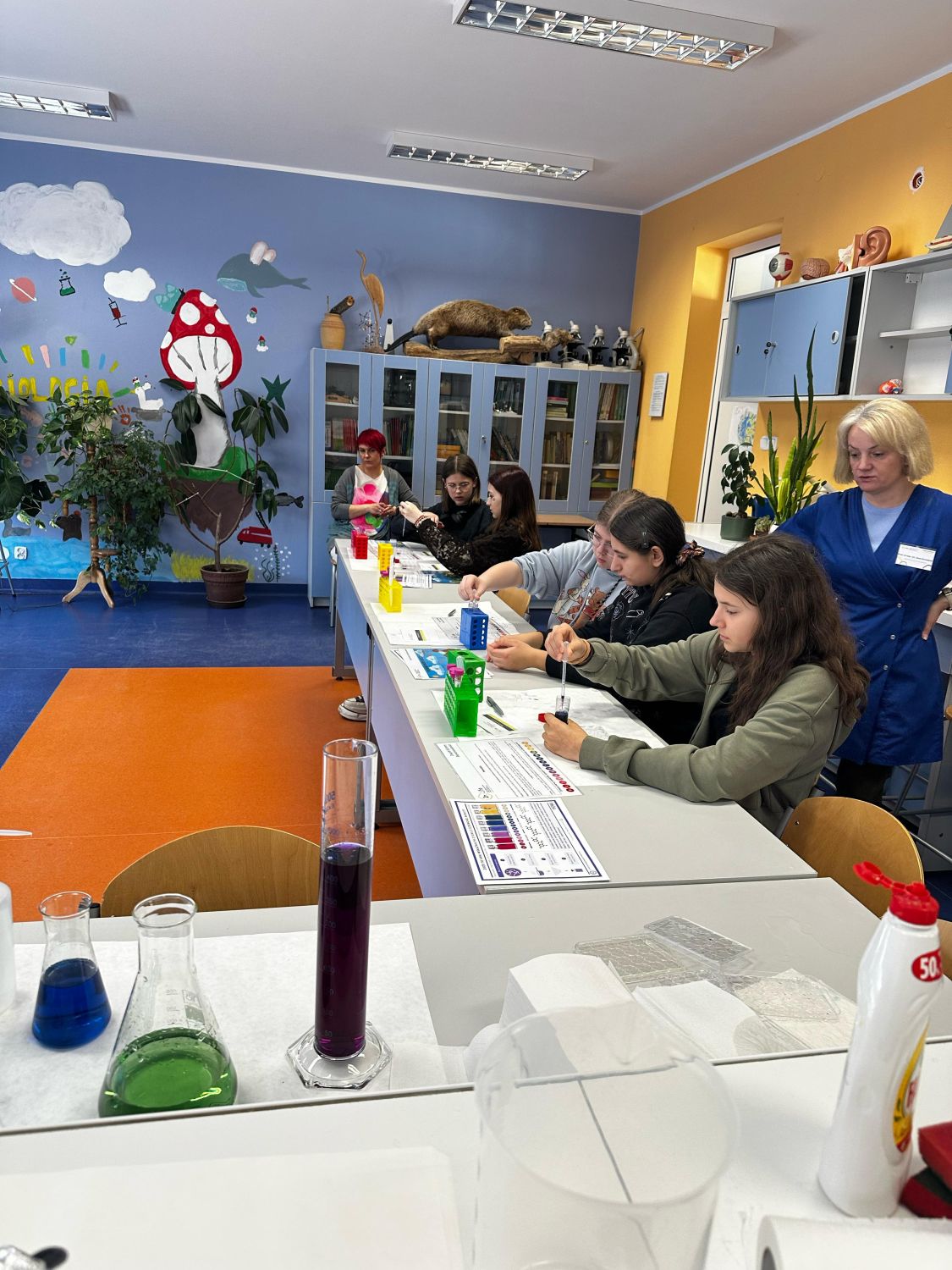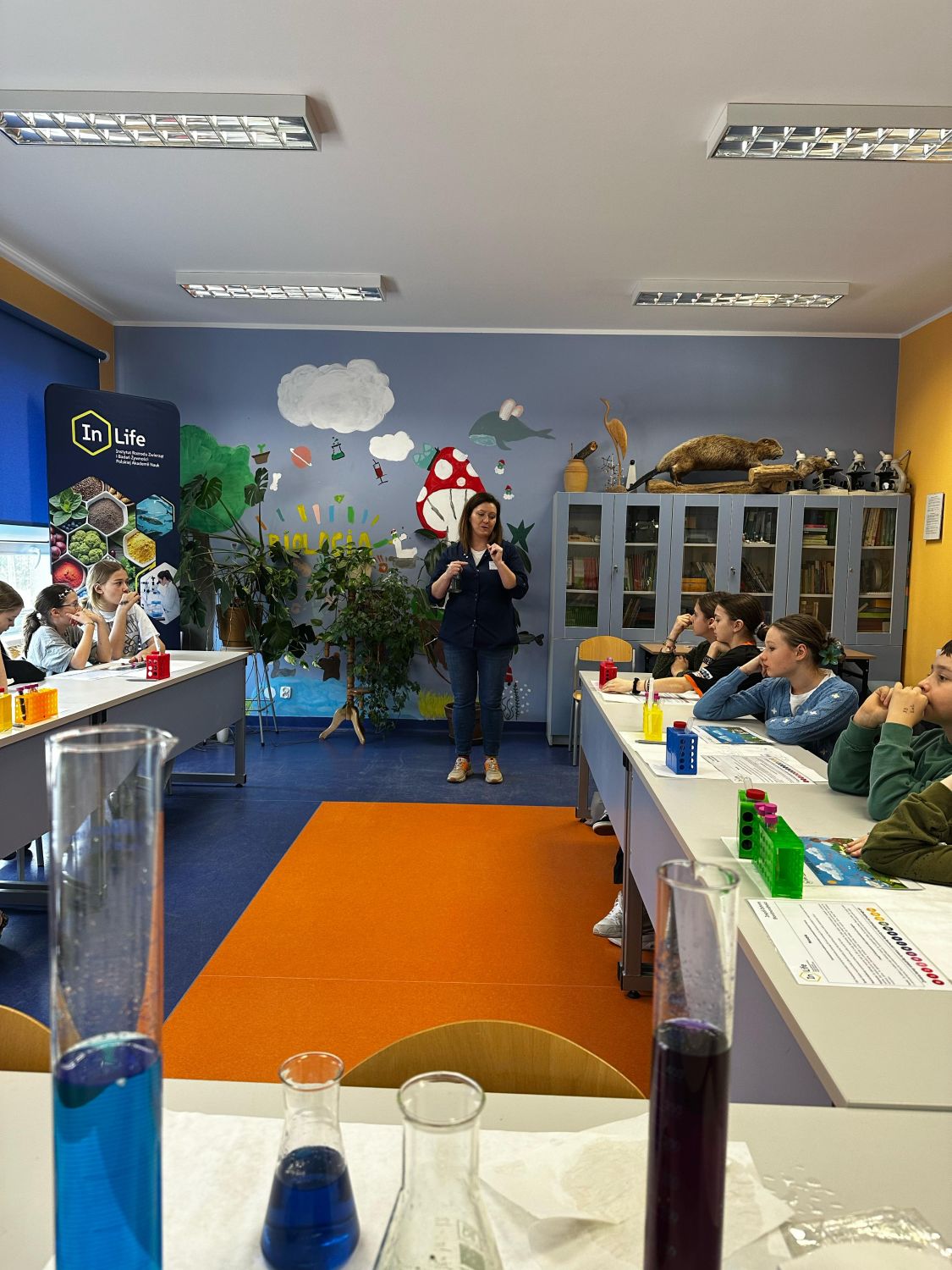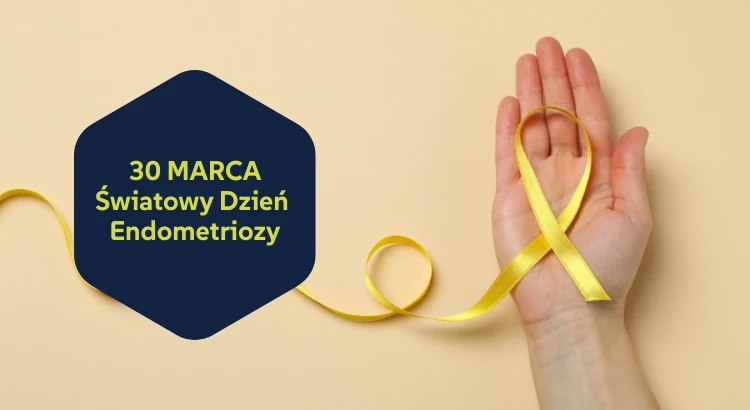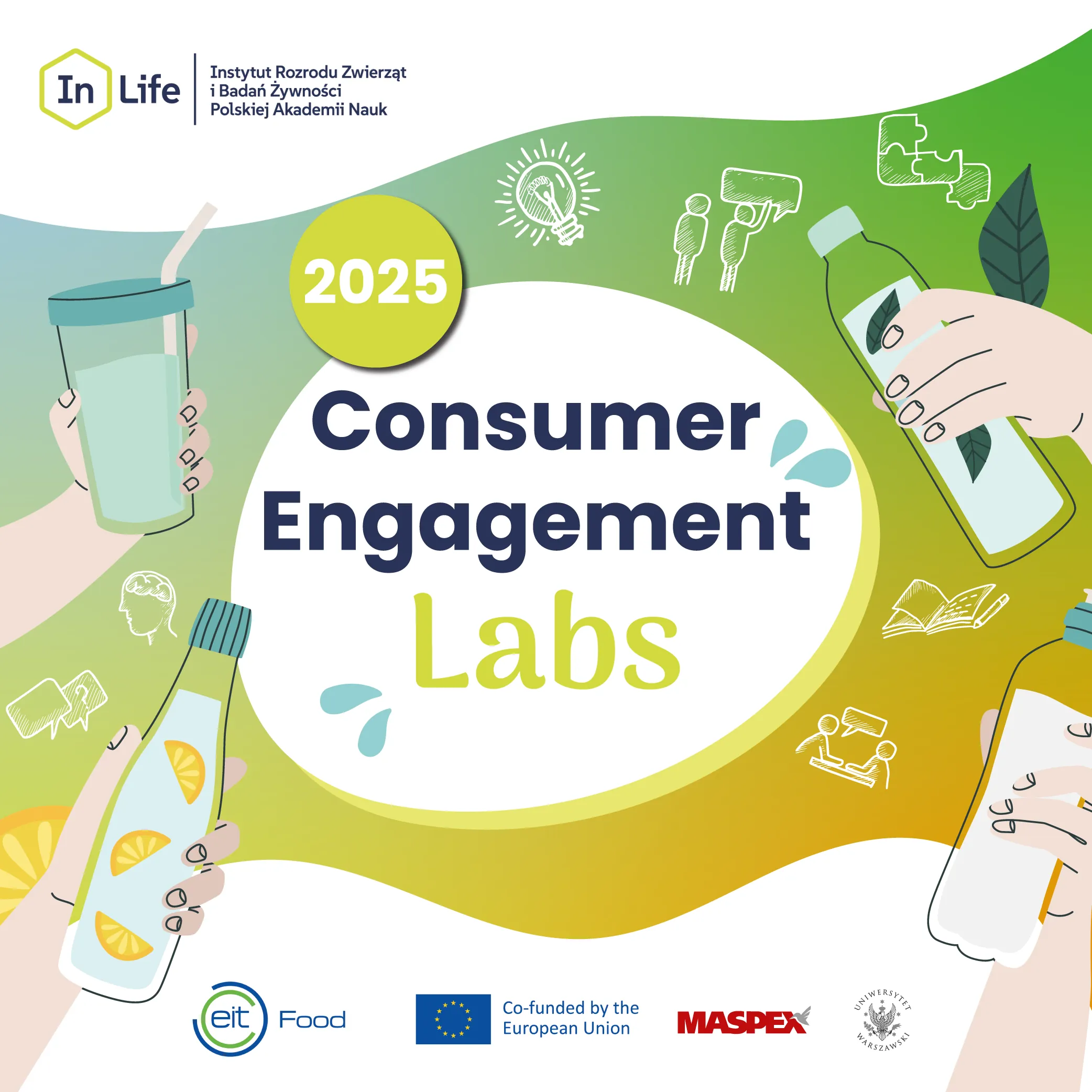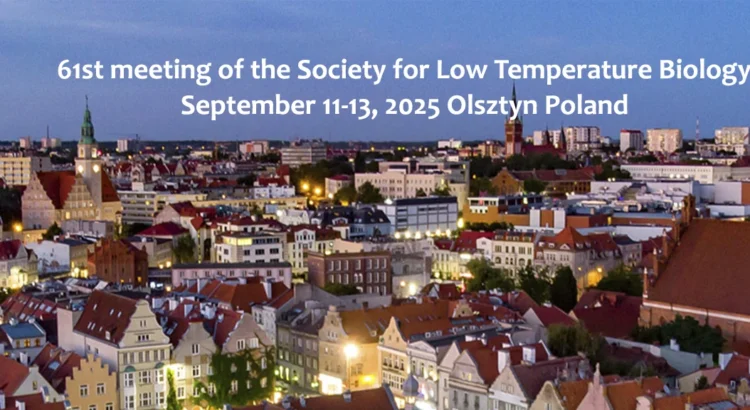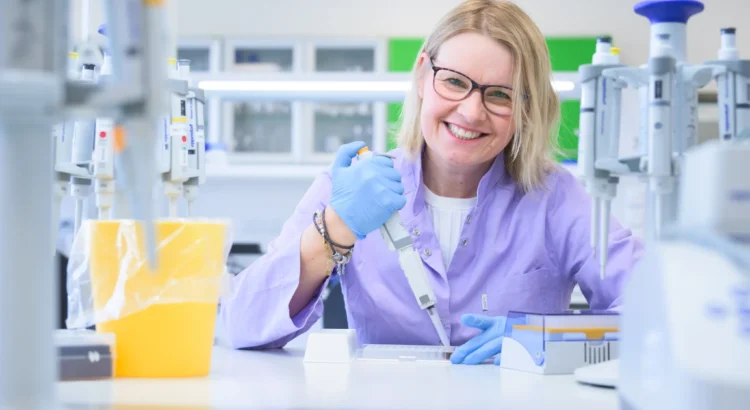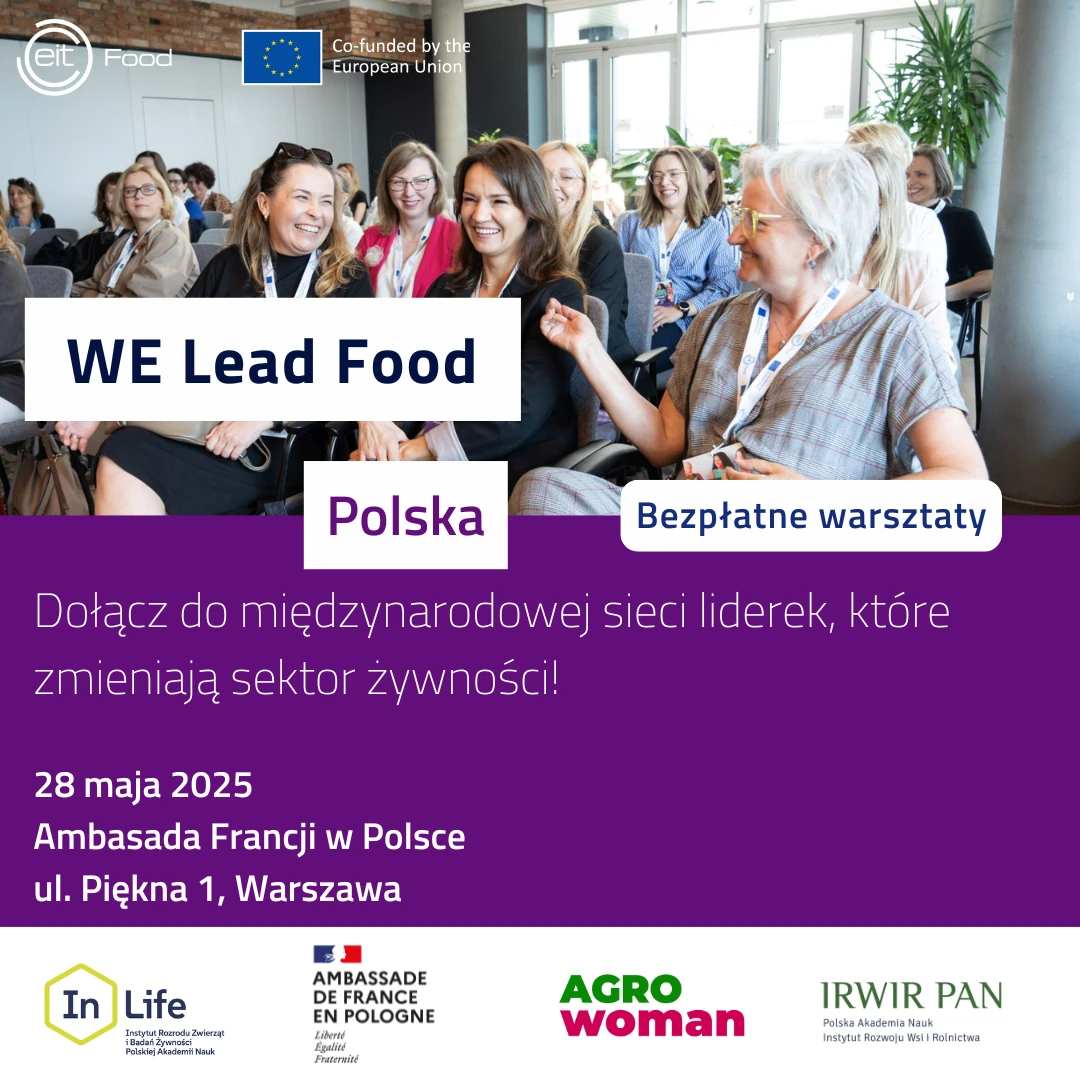
From scientific research and innovative start-ups, through the boards of international companies and signature restaurants, to influencing policy and social activism — women in Poland continue to shape the future of a sustainable food system. WE Lead Food is a space created with them in mind — leaders, innovators, and change-makers. Here, they share knowledge, build relationships, and inspire one another, forming a remarkable network of collaboration. The next WE Lead Food meeting will take place on May 28 at the French Embassy in Warsaw.
WE Lead Food is a flagship and one of the most prestigious initiatives for women within the European Institute of Innovation and Technology (EIT) Food program. These meetings are held across several European countries. In Poland, the event will take place for the fourth time and is organized by the Institute of Animal Reproduction and Food Research of the Polish Academy of Sciences in Olsztyn, a strategic partner of the EIT Food network.
-The workshops organized by our Institute aim to create a nationwide community of female leaders who support one another and work together for a healthy, safe, and sustainable food sector. We give the floor to experts who are open to collaboration, eager to share their knowledge, experience, and the challenges they face – says Iwona Kieda from the Institute of Animal Reproduction and Food Research PAS in Olsztyn, coordinator of the WE Lead Food project in Poland.
The next WE Lead Food workshop will take place on May 28 at the French Embassy, located at ul. Piękna 1 in Warsaw.
-This year, we are once again partnering with institutions and organizations that prioritize the role of women in transforming food system by supporting their leadership, entrepreneurship, and collaboration. Among them are the French Embassy in Poland, the Institute of Rural and Agricultural Development of the Polish Academy of Sciences (IRWiR PAN), and the AgroWomen Network, – adds Marta Kopcewicz, co-organizer of the event.
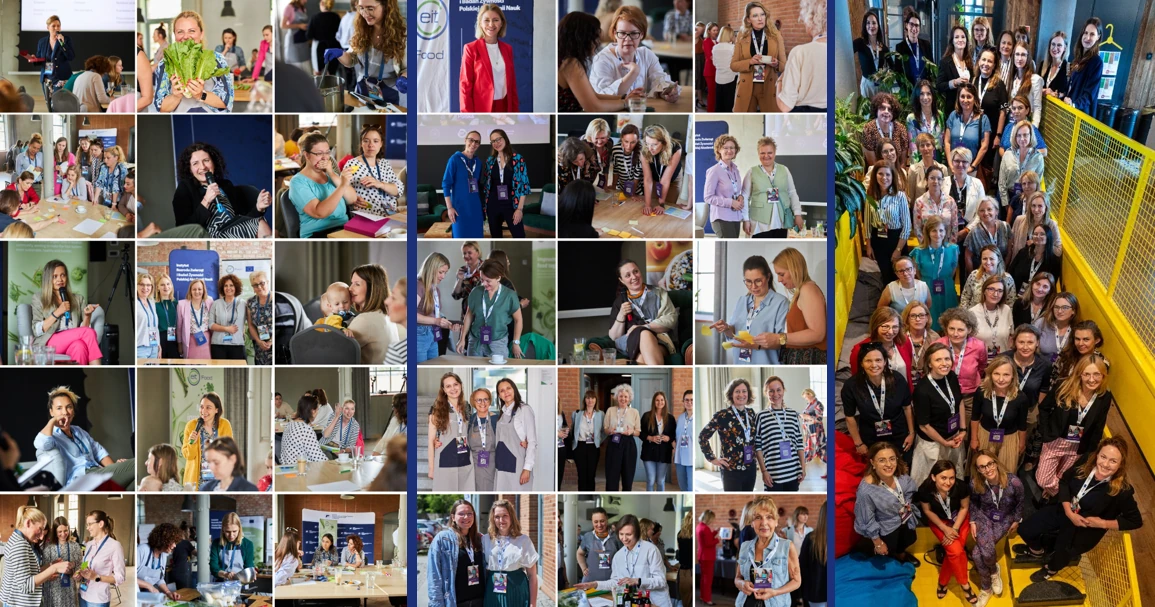
The program will feature sessions focused on inspiration, skill development, and building cooperation. We will explore the motivations behind women’s entrepreneurship and the challenges it entails. Participants will hear inspiring stories of women who are changing the game, building strong teams, and leading with a sense of responsibility and a commitment to growth. These are leaders driven by a passion for creating a better, healthier, and more sustainable food system.
Among the featured speakers are: Dr. Katarzyna Pala, (CEO of Food4Future Technologies), Renata Krysiak, founder of the start-up VegeLIO and Tatiana Fremond, (restaurateur and owner of La Môme).
With the support of mentors, attendees will set personal goals and explore new opportunities that come with being part of a unique collaborative network. A dedicated networking session will offer time for building valuable connections, engaging in inspiring conversations, and discovering promising Polish women-led start-ups, including Shroom4You and Baddi Kombucha.
The workshops are free of charge. The number of spots is limited, so registration is required:
*** REGISTRATION FORM ***
Program
Date: May 28
Location: French Embassy, Piękna St 1, Warsaw
10:30 – 11:00 – Registration, Welcome
11:00 – 11:30 – Let’s get to know each other – icebreaker
11:30 – 11:45 – WE Lead Food, Shima Barakat, Programme Leader
11:45 – 13:00 – Get inspired! – panel session with experts
13:00 – 13:30 – Lunch
13:30 – 15:20 – Plan and achieve your goals! – training session
15:20 – 15:30 – Coffee break
15:30 – 15:45 – WE Lead Food, Shima Barakat
15:45 – 16:45 – Broaden your horizons! – networking session 16:45 – 17:00 – Closing
The workshop will be held in Polish.
See how it was at the last workshop:
Event partners:
French Embassy in Poland, Institute of Rural and Agricultural Development of the Polish Academy of Sciences, Agro Women Foundation.
The training is part of the #WELeadFood project funded by the European Institute of Innovation and Technology (EIT Food).
Join the network of experts and take part in the 8-week main programme starting this autumn: SIGN UP.
—
EIT Food Privacy Policy: Our privacy policy – EIT Food
EIT Food Education Terms and Conditions: Education Terms & Conditions – EIT Food
